Motorcycle Investor mag
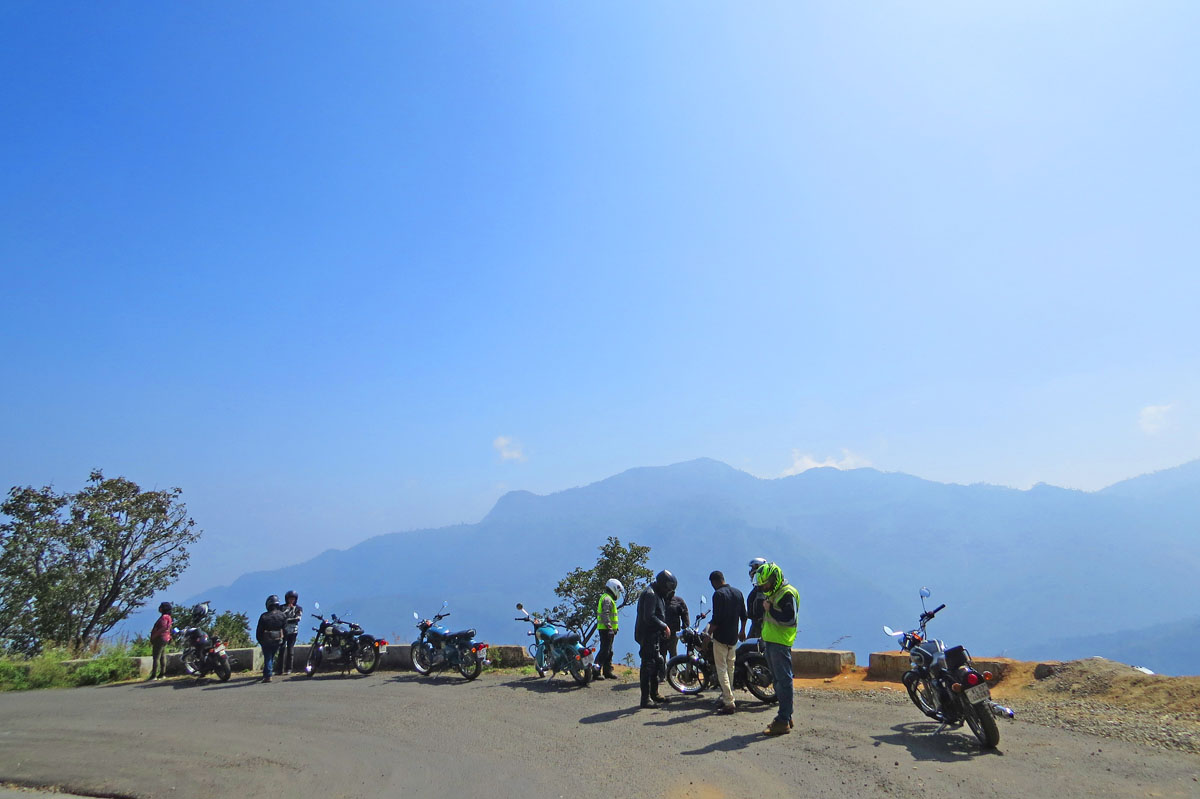
Royal Highness – India by Bullet
by Guy 'Guido' Allen, March 2020

Kerala bike tour
We head to India to ride a pack of Bullets on their home turf
Maybe it was the accusation that we were getting into a
rut. Whatever the cause, the International Touring
Division of the Lemmings Motorcycle Club (motto: Death
before Courtesy) decided that we could give Vietnam
a rest this year. Dammit. I like Vietnam. Okay, so we had
been riding there a zillion times, to the point where we
were on first name terms with the denizens of several
remote villages. But it also happens to be about the best
bang for your buck on the planet.
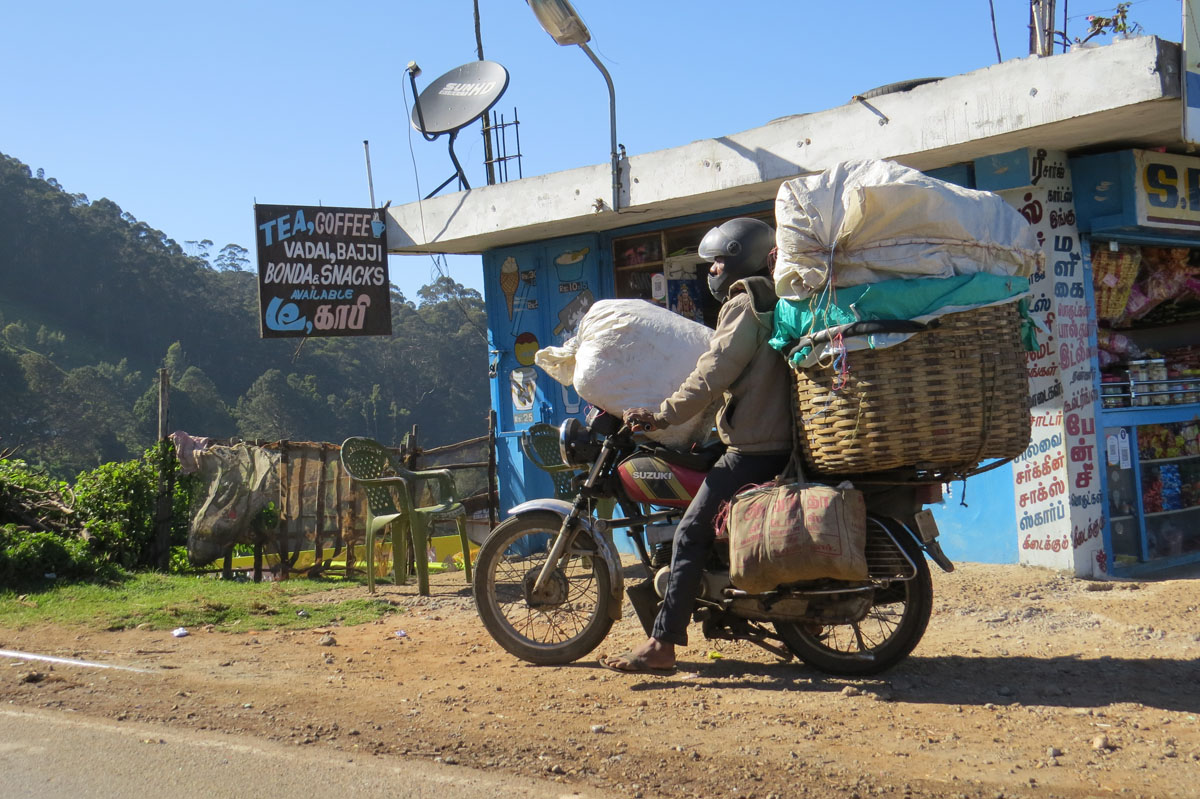
So where next? India, apparently. To be specific – and
you need to, because it’s a very big place – the southern
states of Kerala and Tamil Nadu. Kerala and the Cochin
region are famous for being scenic and relatively laid
back compared to much of the more heavily-populated and
industrialised north. It’s also the one state in the
country to be run by a communist government. Given the
politics of Vietnam, maybe we’d feel at home!
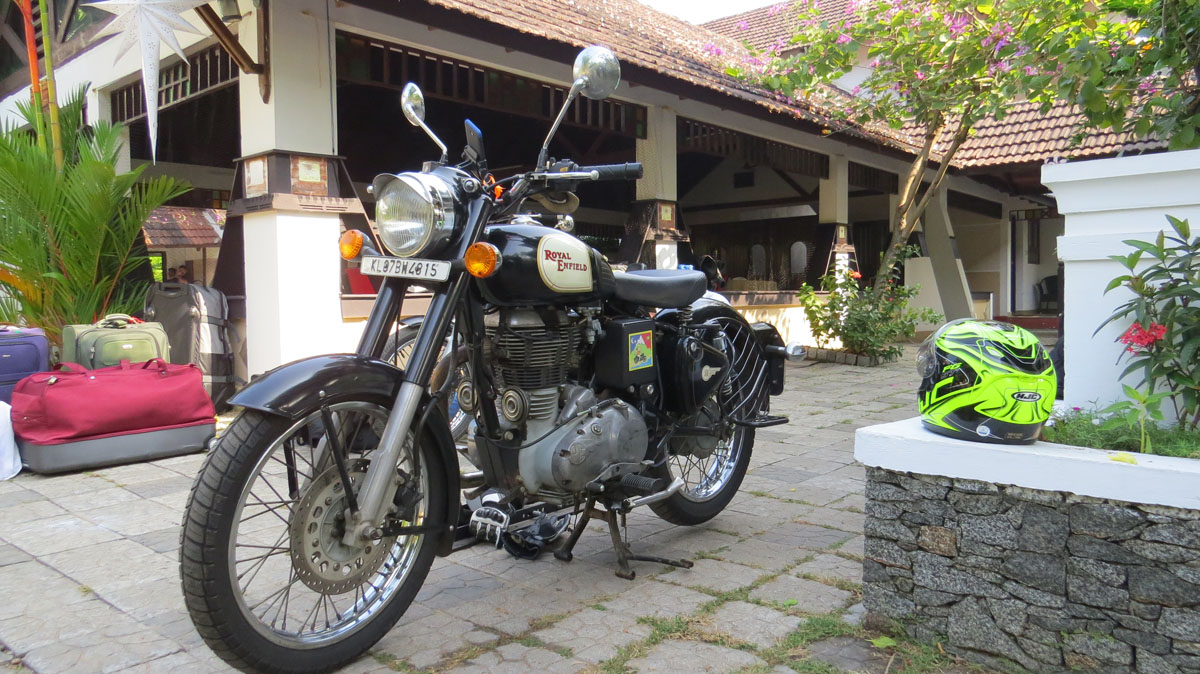
Next question was, how? Actually, I think the ‘how’ may have led to the ‘where’ in this case, as we were specifically chasing a guided tour package that sorted everything, including motorcycles, guides, accommodation, reliable supplies of gin and tonic and so on. This corner of the planet happens to have what seemed like the perfect solution: a mob called Kerala Bike Tours, run by an English ex-pat called Daniel Benster (pictured below) with local business partner Niaz and ably assisted by mechanic/roustabout Sonthash.

And yes, before you ask, we do know how to travel without guides. It’s just that, once every few years, I and a few others like the idea of doing something where 99.9 per cent of the organisation is someone else’s problem. Really, all you have to do is turn up and your biggest decision for the day is whether or not to have a beer with lunch. A proper brain-in-neutral holiday.
For us, the adventure started with being collected by
Daniel at the airport around midnight, with his matte
black Mahindra crew cab back-up truck, aptly named The
Beast. With a decent drive to our first stop
at Indriya Sands, we got to know a little of his
background.
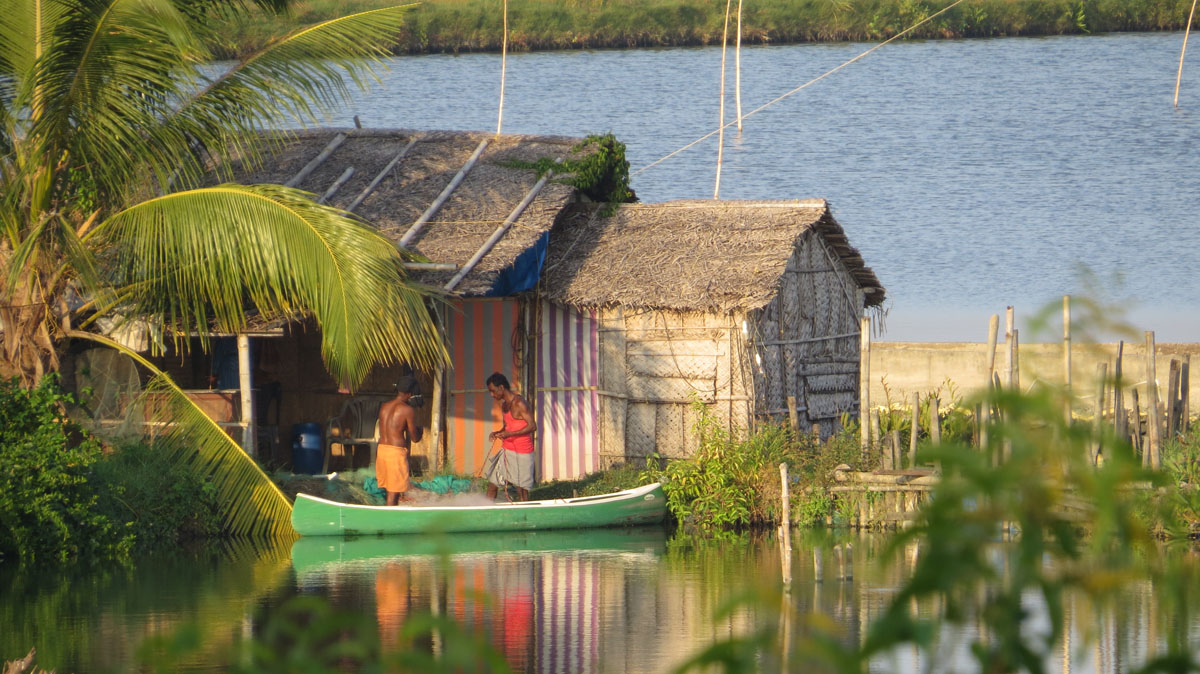
The short version is he washed up in India in the early nineties and sort of fell into the whole tour business by mistake. He’d done a lot of touring by bike in the region, and someone suggested he should start showing other people for fun and profit. As it turned out, that was a good idea.
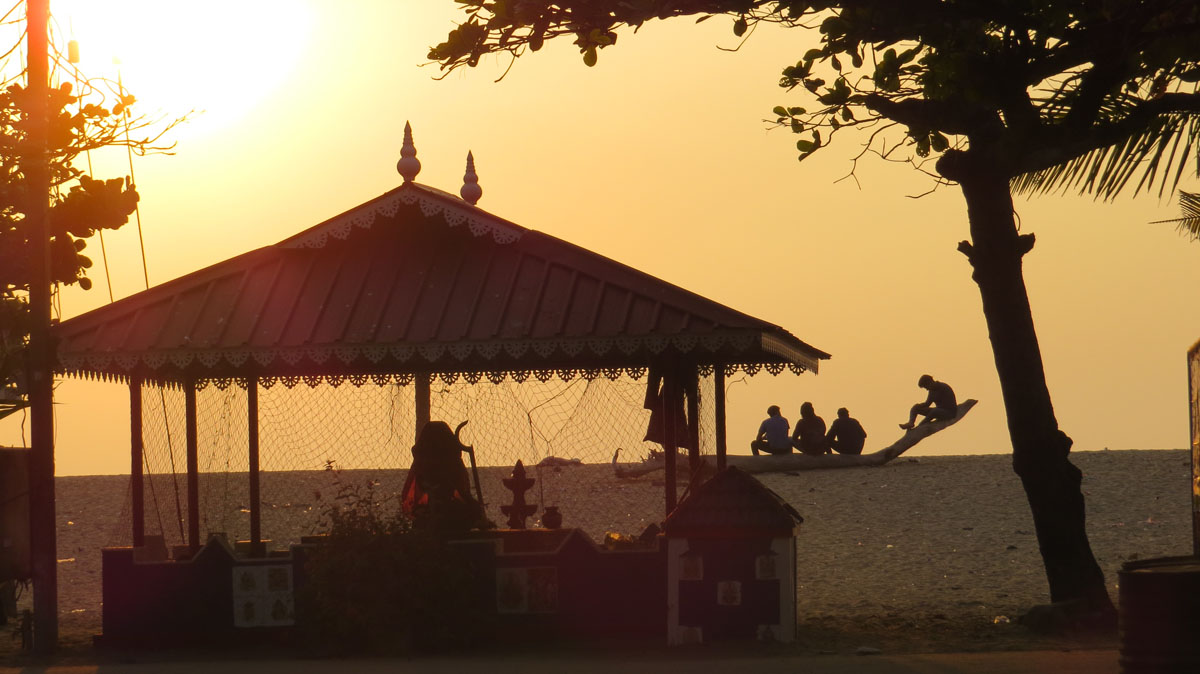
ELEPHANT MAN
With the ocean a literal stone’s throw away, and work a distant memory, we got down to the nitty gritty. Which consisted of a relaxed rider briefing over a cold drink. I’ve been to a fair number of these things over the years, but I think this is the first involving palm trees, shorts, a cold beer and elephants. Yep, elephants.
India has both domestic and wild versions blundering
about, with the former being just as dangerous as the
latter. Apparently that’s because they sometimes crack the
shits over being dressed up and paraded around during
assorted festivals, and may seek revenge by tossing around
people and tuk-tuks.
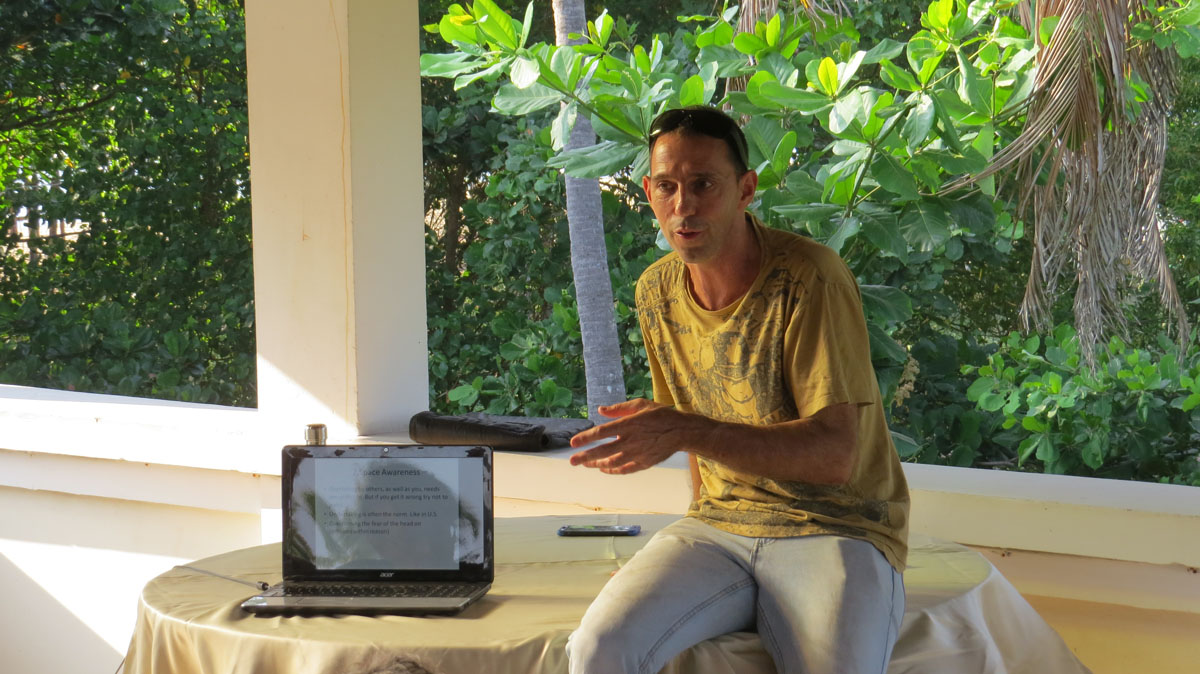
We were heading into elephant territory – national parks – and the advice was fairly straight-forward. Don’t panic, give them a wide berth, stay on the bike with the engine running. And the big one: no selfies with the pachyderm as it probably won’t end well. Rightio.
As for the rest of the briefing, it dealt with the local traffic culture, which will look very familiar to anyone who has spent time in various parts of Asia. Horns are used liberally to let others know where you are and what you’re doing, no-one gets aggressive or cranky, but get used to chaos and super-crowded situations where the main rule is often might is right. So motorcycles give way to pretty much everything. They mostly drive more or less on the left in India, so that was a bonus.

And the bikes? Royal Enfield Bullet 500s, of course. What
else would you ride, given their 65-year history of
manufacture in the country? India has produced millions of
the things over the decades. While the 500 is now being
phased out, the 350 version remains a top seller. I first
sampled a 500 in the mid-1980s, when they were being
imported to Australia in tiny numbers, and the thought of
finally getting to ride one in its home environment was a
major treat.
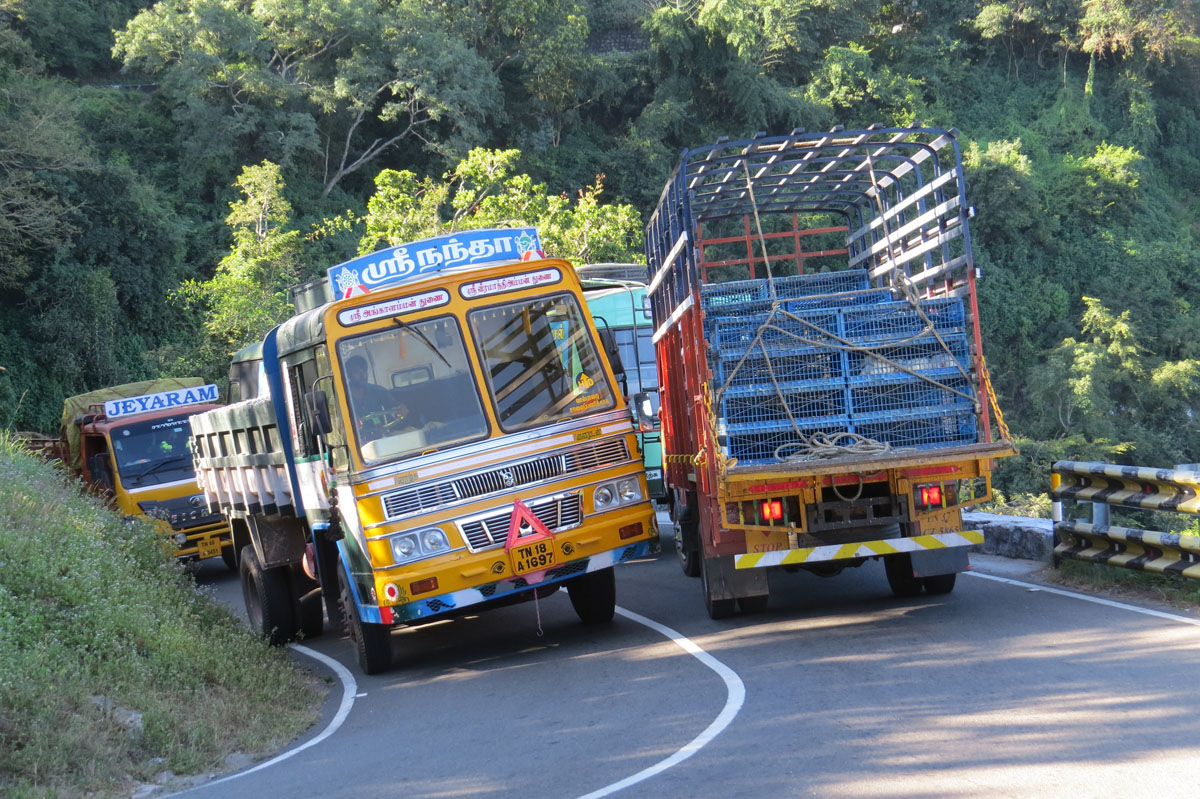
The route was themed as 'tea, jungle, beaches and
hairpins’, which summed up the plot pretty well. We were
to cross two states, climb assorted mountain ranges, and
go hunting wildlife in the most benign way possible.
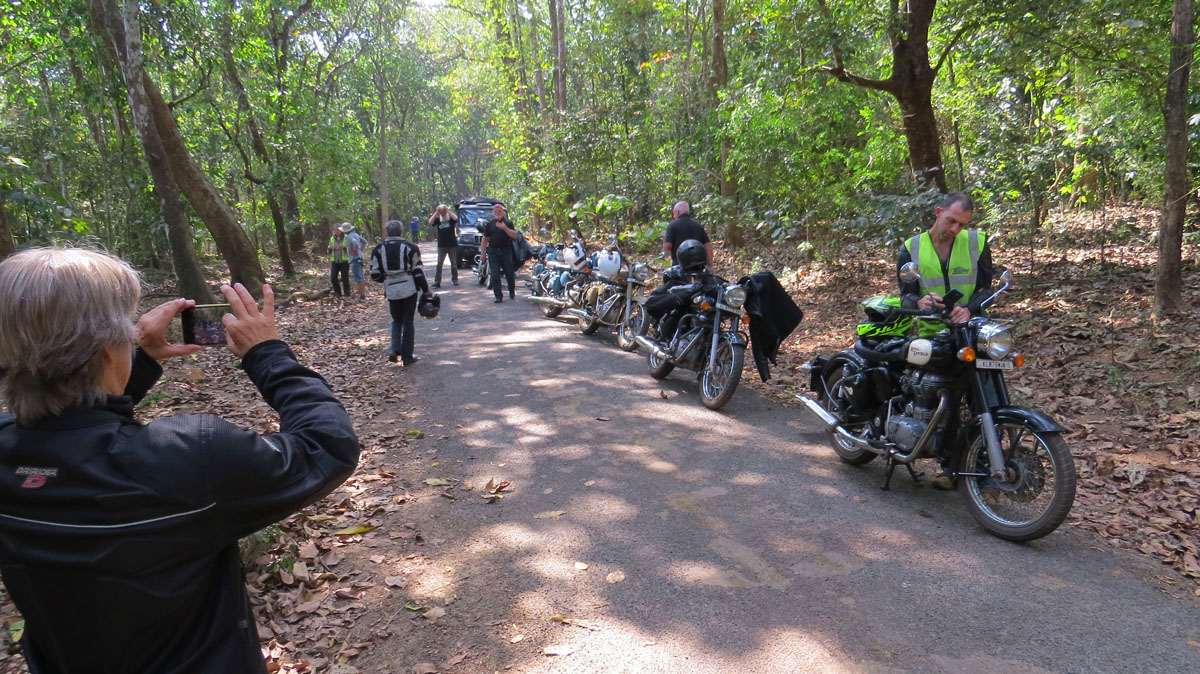
Much of our route took in a network of national parks,
which the country is throwing a lot of resources at to
develop. The areas we encountered were part of a wider
network that effectively created a nature corridor that
spans three states. Impressive.
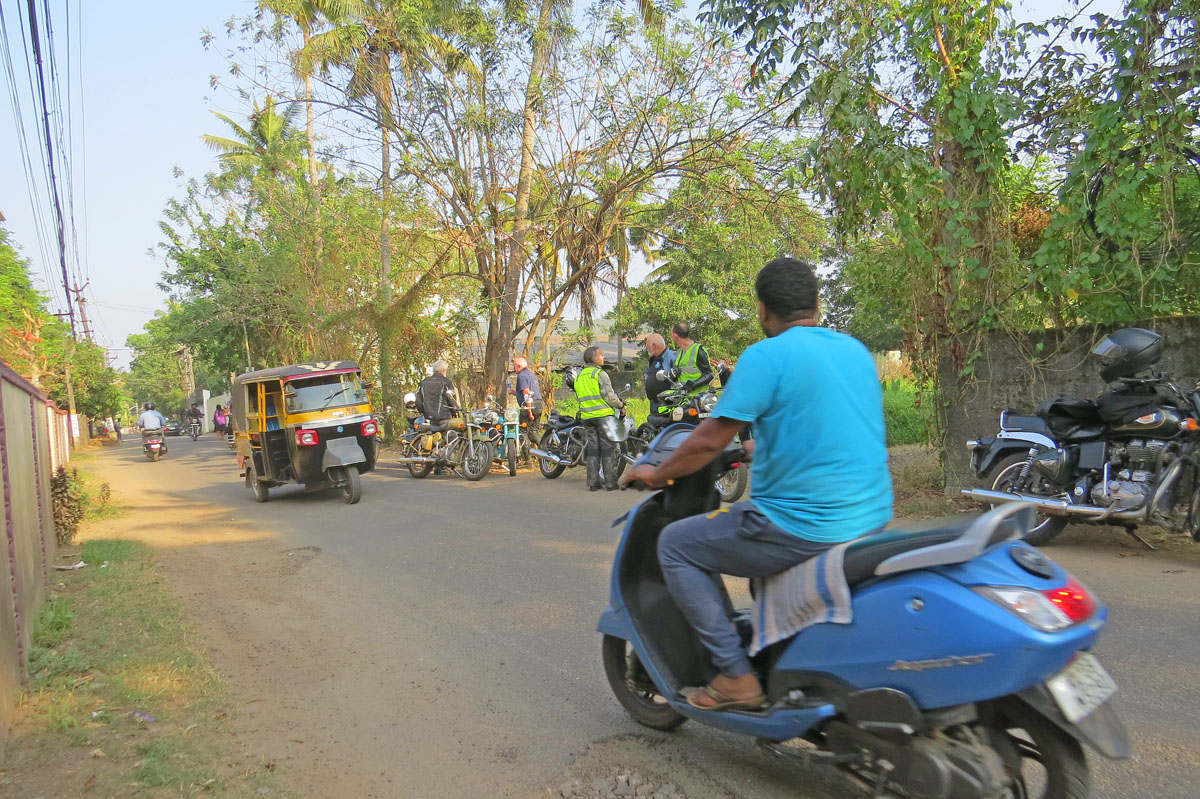
You could never complain about a lack of variety in your riding diet. We start the day out near the coast, cruising past some fish farms, wrangle our way through the tuk-tuks and buses crowding through the local towns and next thing you know you’re belting down a narrow little jungle road, dodging the bigger patches of elephant dung.

By the afternoon, you’re clambering up the nearest
mountain range, into tea country. It’s something to ponder
next time you’re standing at your kitchen bench,
bleary-eyed and spooning your preferred blend into a pot –
the sheer scale of what’s required to produce the morning
cuppa is mind-boggling. Whole hillsides are landscaped to
produce the stuff, with the bigger estates boasting an
extensive private road network, their own schools,
villages for their sometimes indentured workers and of
course factories to produce the final product.
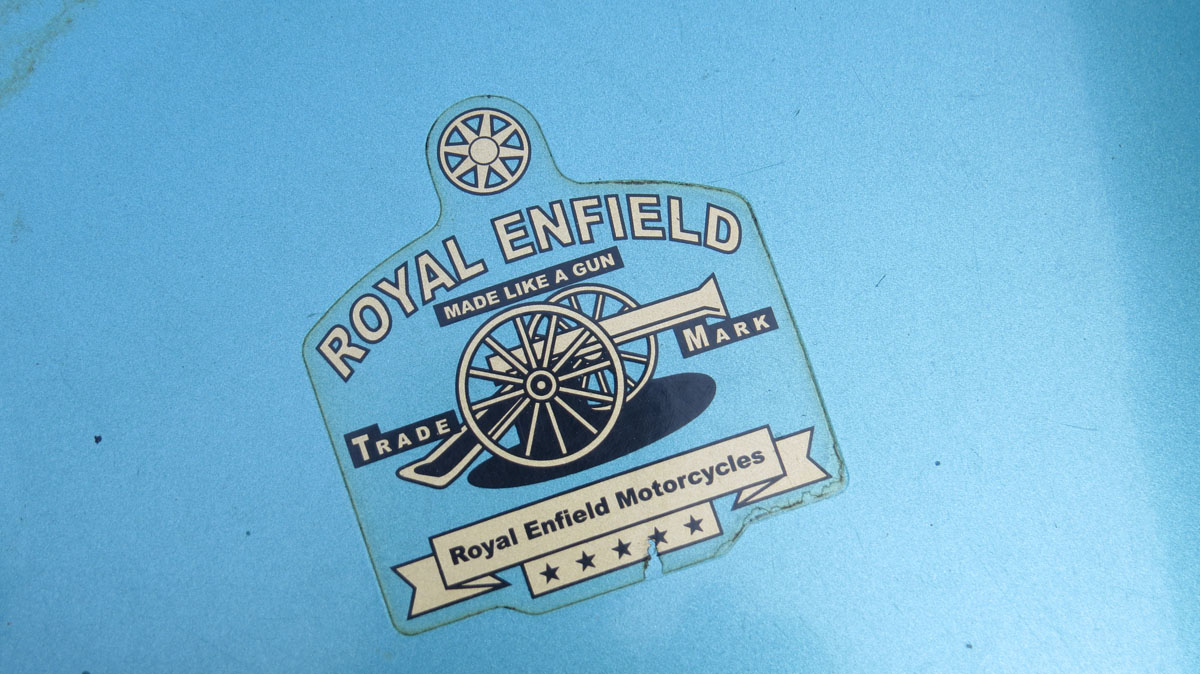
HAPPY ENFIELDS
It’s funny how a change of scenery will very quickly
alter how you regard a motorcycle. For years I’ve had a
bit of a soft spot for Bullets. Sure, not necessarily the
quickest or most sophisticated thing out there, but
usually a very amiable and relaxing way to get about, so
long as you’re not in a hurry.

Riding though India teaches you a whole new respect for
the things. Daniel’s fleet consists of generally late-ish
models, many sporting local mods. For example, they
generally carry a sari guard on the left rear and often an
extra pillion handle attached to the top of the right rear
shock absorber.
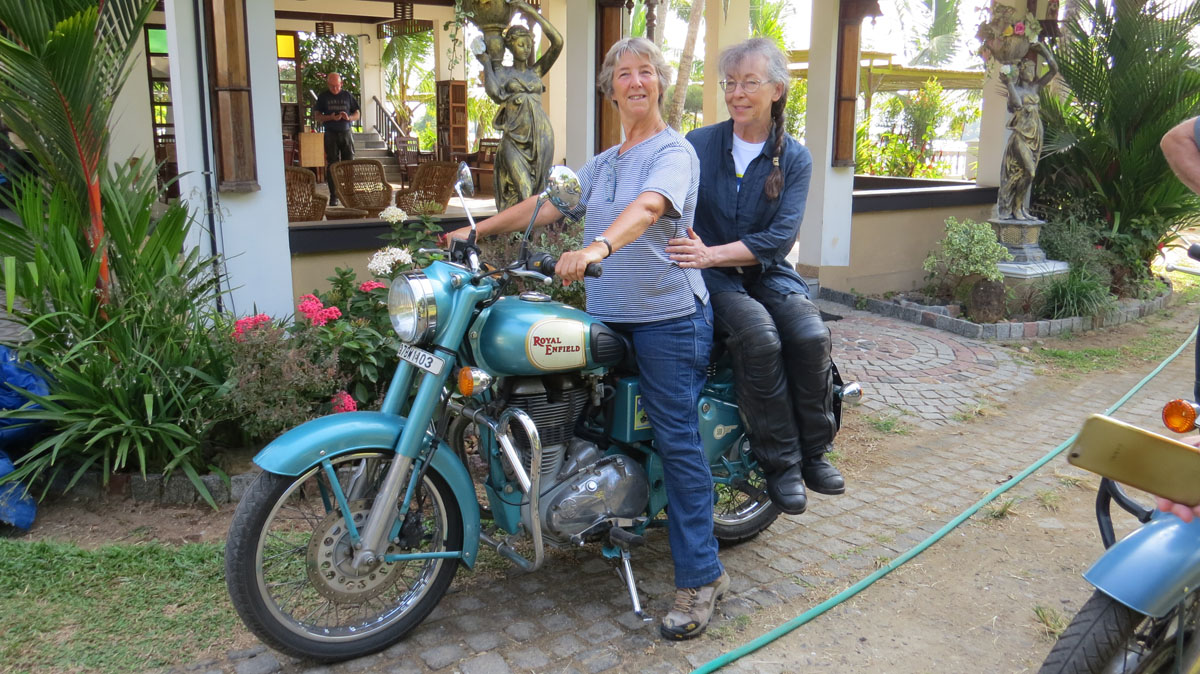
Why? So your lady passenger may sit side-saddle, if she
prefers, with some sense of decorum and without risk of
her outfit getting caught in the back wheel. Our lot,
including two experienced women riders, didn't seem to
have that issue.

The crew has resorted to converting some fuel-injected models back to carburettor, because the latter are less sensitive to the very patchy quality of local fuel. However the downside is the bike then doesn’t adapt as well to changing air density as you climb up the local ranges. It’s a trade-off they continue to wrestle with.
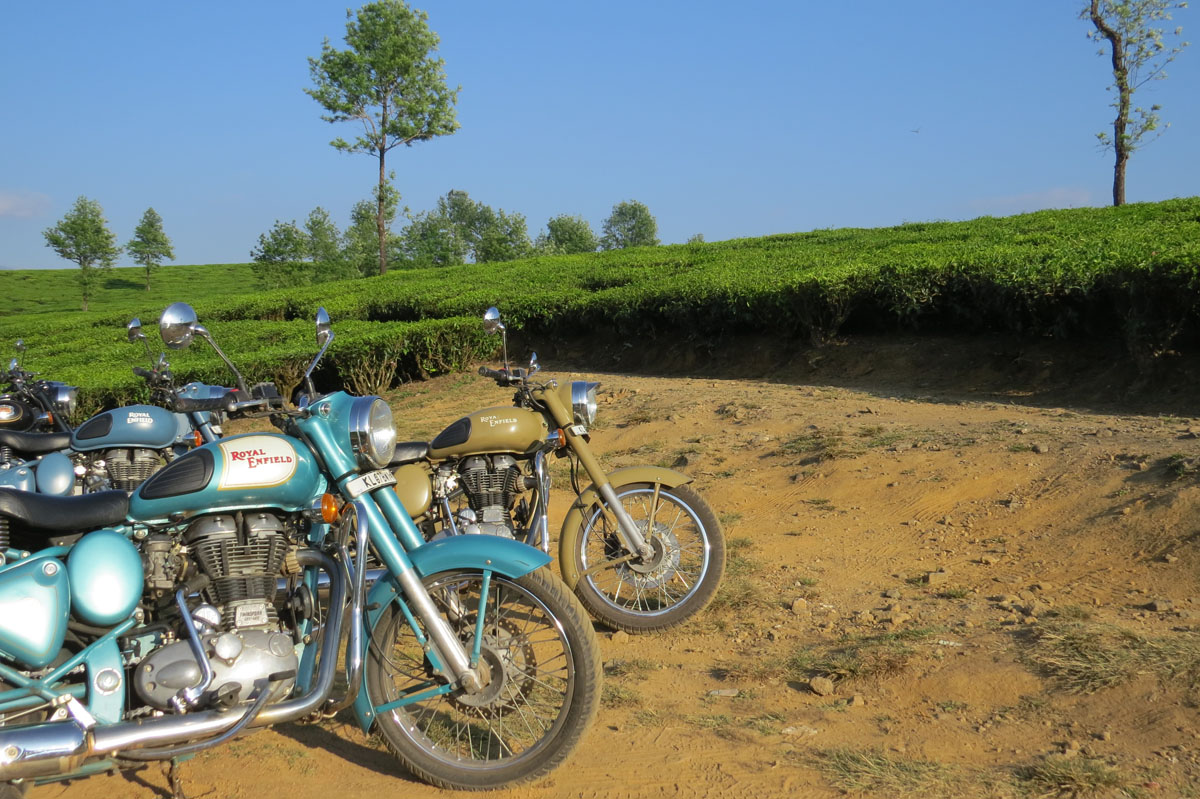
Perhaps inevitably, Daniel has become a Bullet expert and
enthusiast, with some older examples in his private
collection. He’s a big fan of the breed and points out
they put up with an incredible amount of abuse with little
complaint. Major mechanical breakdowns are extremely rare.
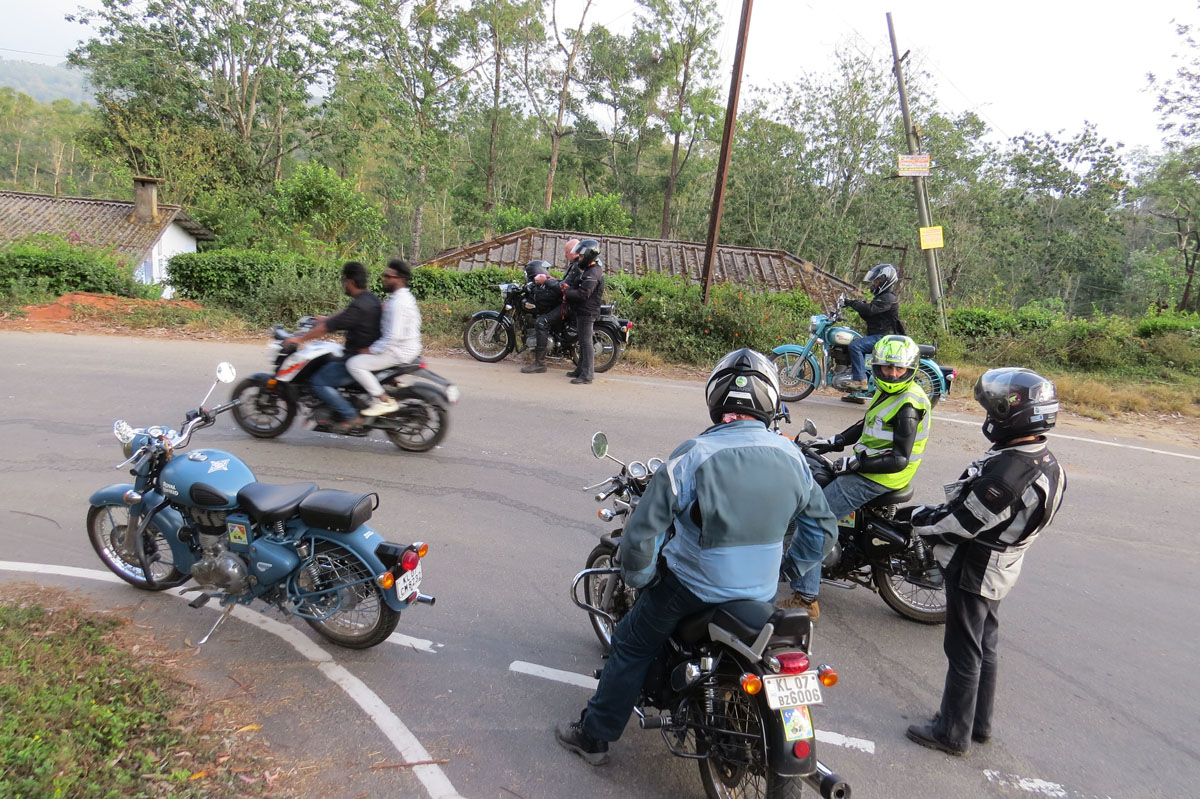
The gentle power delivery, which may seem a little marginal on an interstate freeway in Australia, makes all the sense in the world during a big ride around India. Generally you’re relying on low-range plugging power and mid-range torque to tackle impossibly gnarly traffic, mountain switchbacks and roads that rarely see the speedo needle hitting 80.

Even the handling and brakes work very well in this
environment, which would sometimes challenge the best
high-tech gear. And, surprisingly, there was no complaint
from the folk riding two-up when it came to power. It’s
hard to think of a bike better suited to the purpose.
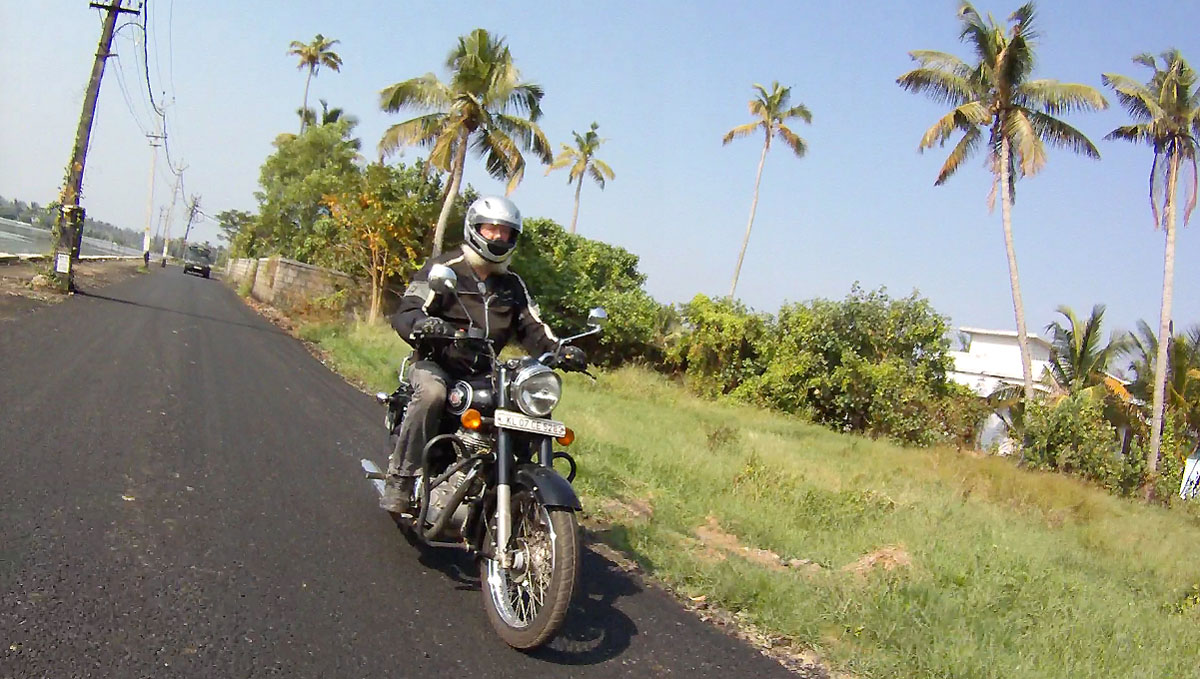
All the machines in the fleet had names – which can lead to some weird overheard conversations, such as, “I think Harry needs a service when we get back.” Lucky Harry! It turns out that Daniel’s son gets to name the machines and the results can sometimes follow whatever books/movies/games appeal to him at the time. Some even suffer from gender changes – Harry was once a Jasmine.

Names aside, you soon get distracted by the roadside
signage. Follow a long mountain road and you’ll discover
this part of the world has a thing for numbering the
hairpin curves, so you can count down or up your progress,
celebrating when you reach hairpin number 20 of 40. In
between those markers, you score some attention-getting
warnings, such as the mind-boggling number of crashes in
the region or that there may be tigers hiding in the
bushes.
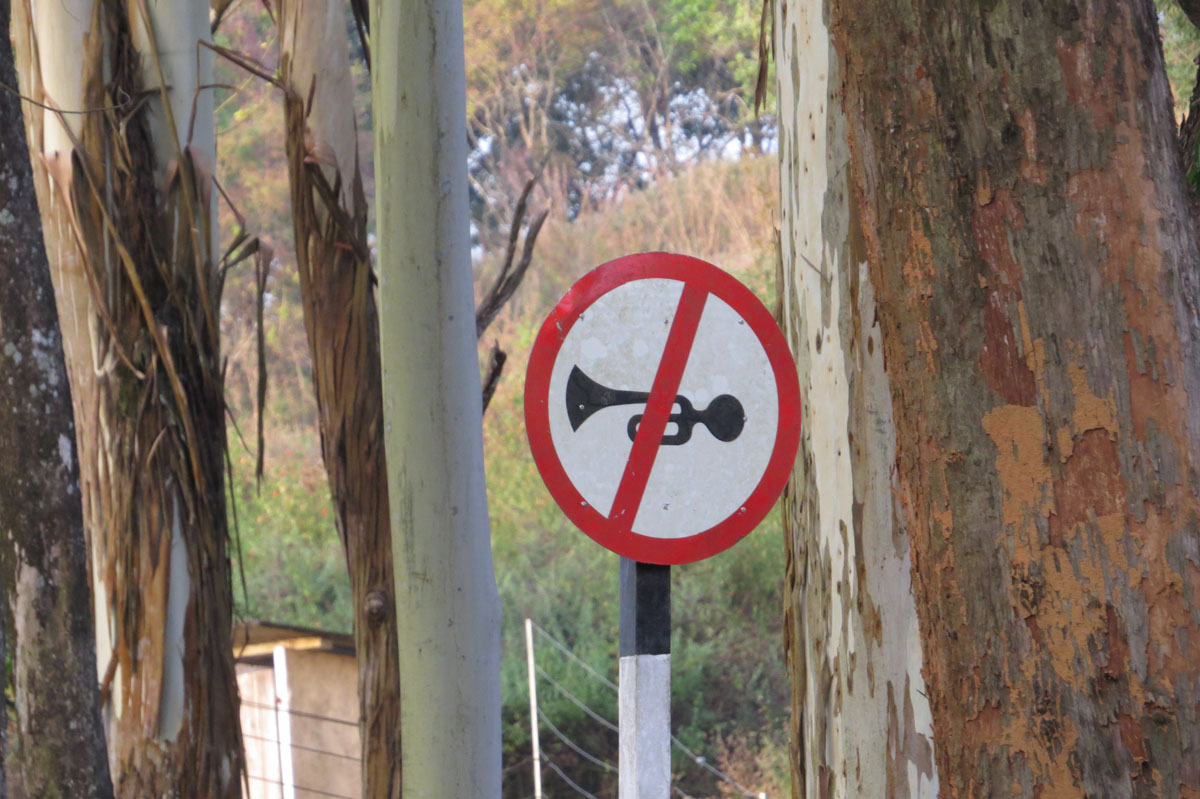
Road safety is a bit of an issue, manifested by the increasing insistence that motorcycle riders should wear helmets. However the police seem benign in their approach. One of our roadside stops was so the local cops could get a photograph of a bunch of westerners on Bullets in all their riding gear, for a social media post.

MONKEY HOUSE
It’s not every day you awake to the thundering of dozens
of paws gallivanting across your tin roof, followed by the
happy sounds of garden furniture being tossed around with
gay abandon. What the…? It turns out the local monkeys
were in a chipper mood and wanted everyone to know it.
That was at one of the favourite spots on the trip, a farm
stay in Tamil Nadu.
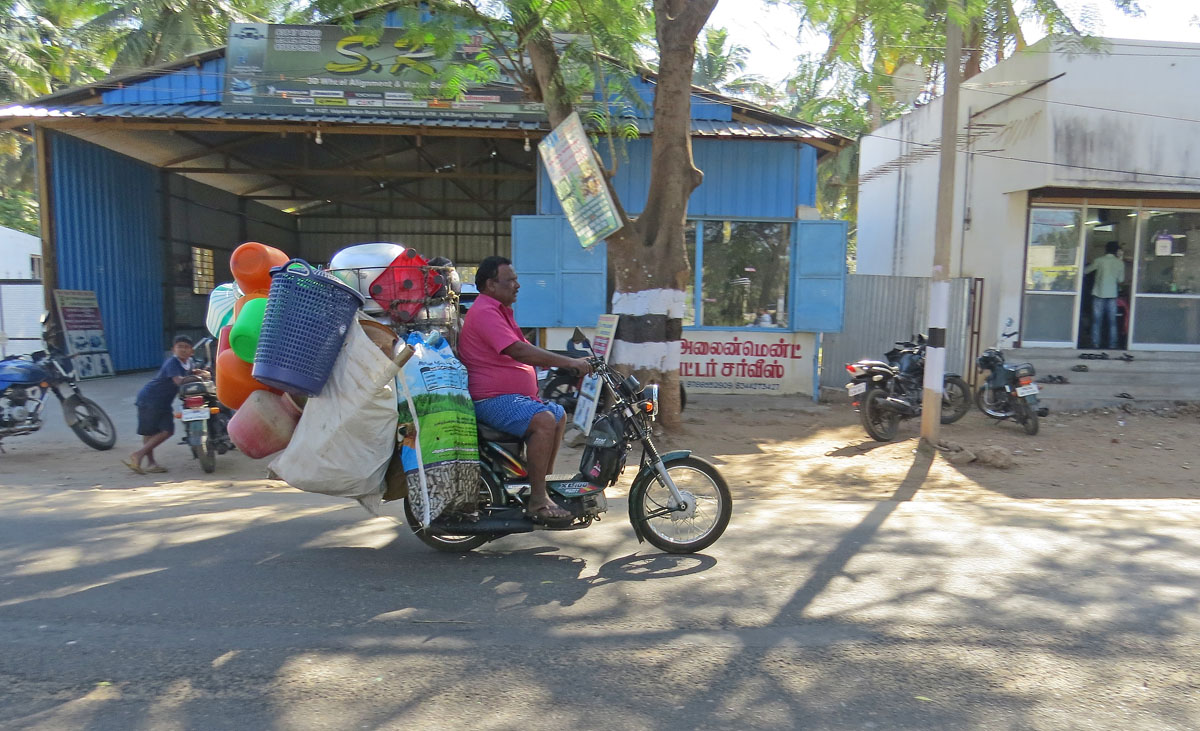
We talk about wildlife in this country, but by
comparison it’s relatively benign. On that side of the
world, when they say don’t go wandering too far outside
daylight hours, they have very good reasons.
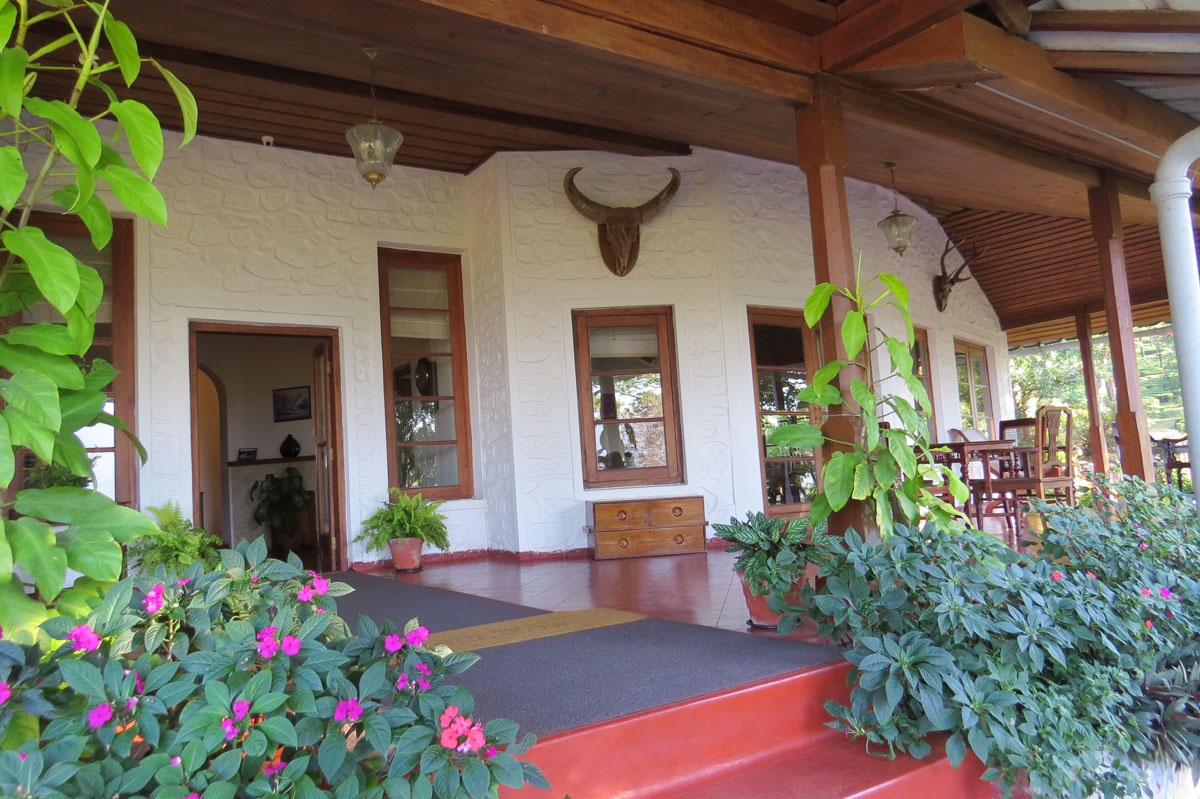
The farm stay was in complete contrast to the Raj-era
hilltop tea homestead, the curious centuries-old restored
traditional long houses apparently in the middle of
nowhere or the aptly-named Secret Garden in Fort Kochi. Or
the coastal spots where it was barely a 100 metre walk to
the beach. Prior to this trip, I wasn’t sure what to
expect, but this was well beyond my rather more pedestrian
imaginings.
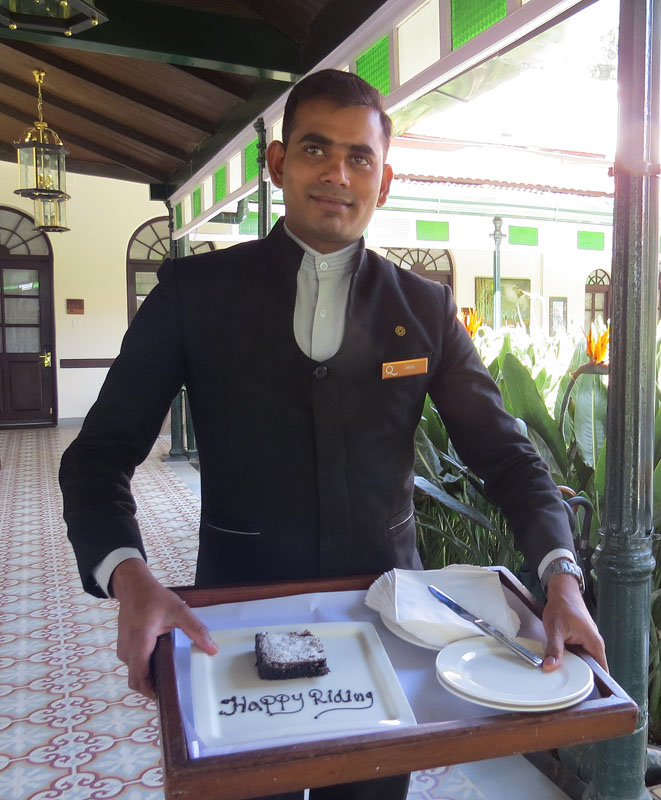
The final kicker was the Savoy in Ooty, which saw us off with a little farewell cake wishing us a happy ride…
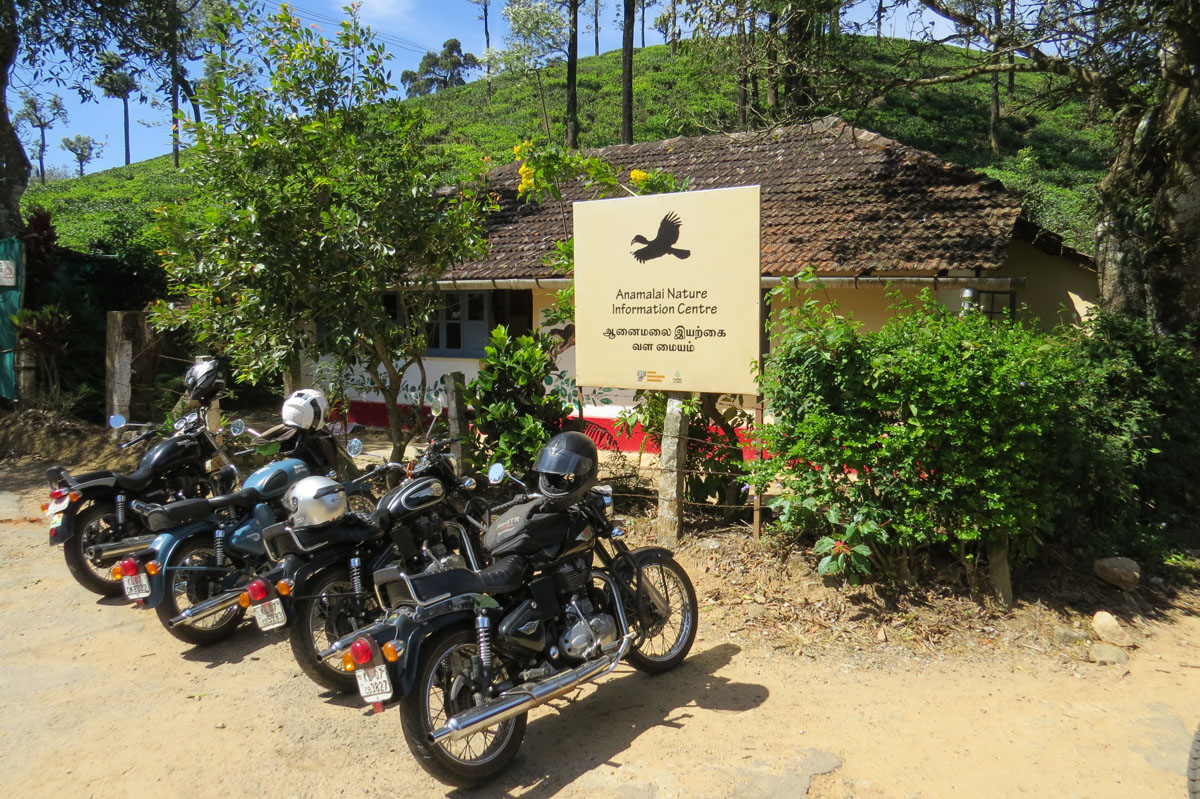
Past experience has proved that it’s worth having a
couple of wind-down days after a longish ride, before you
hop back on a plane. Among other advantages, it gives you
a chance to spend a little time away from the saddle and
get to know at least one place moderately well. In Fort
Kochi, we took to hiring a local tuk-tuk driver to show us
around and share a bit of local knowledge. We also tackled
an evening walking spice tour that added another dimension
to the place.
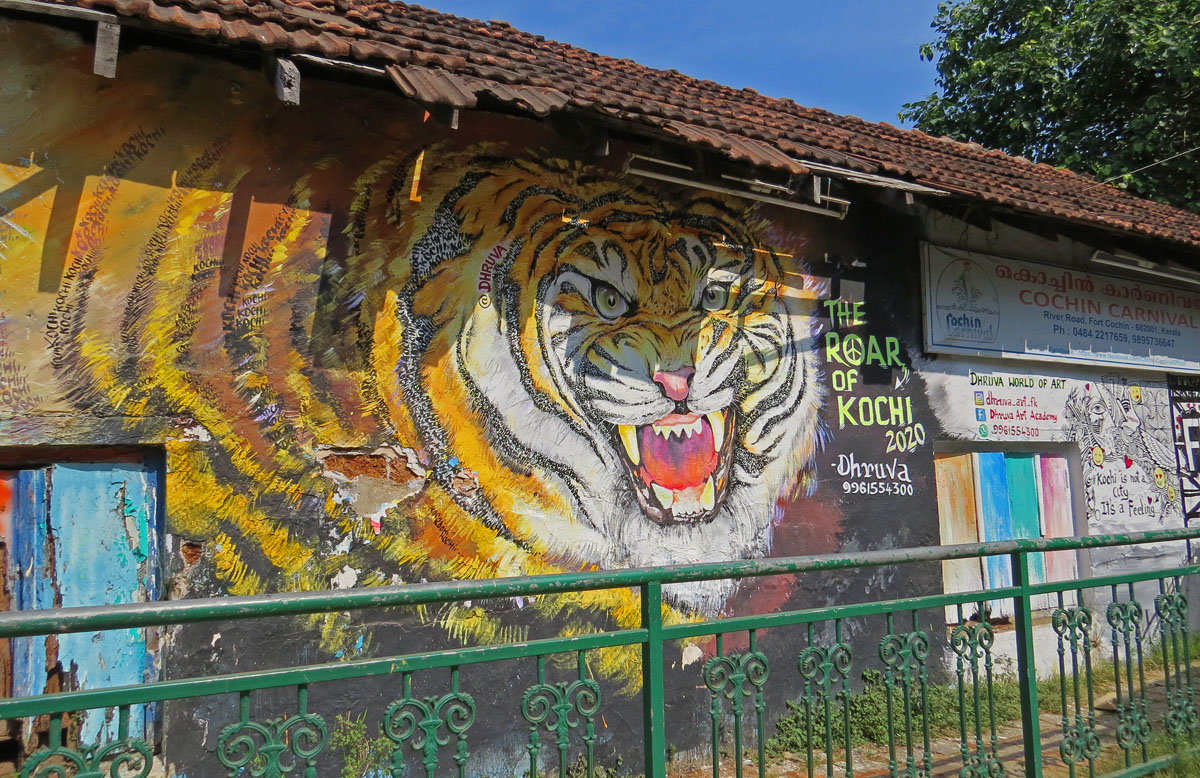
Speaking of spices, there are no prizes for guessing
that you’ll be presented with Indian food in India!
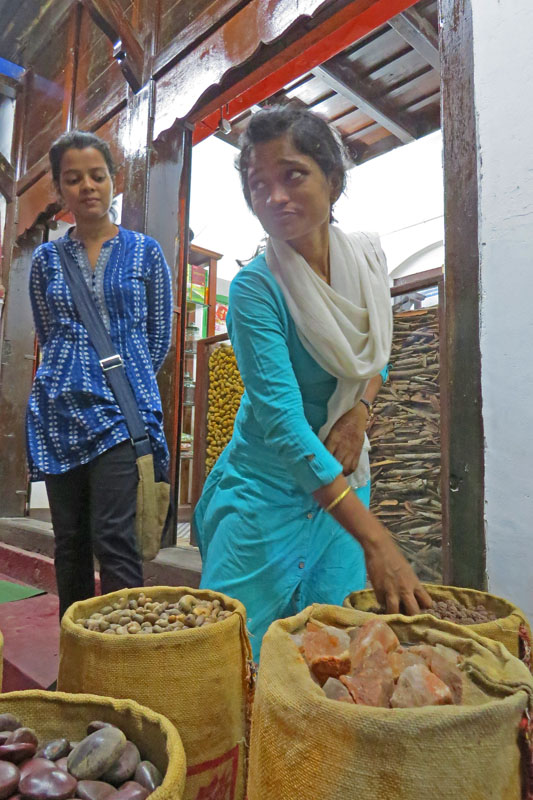
A few of the places we stayed turned on brilliant freshly-cooked meals and it wasn’t necessarily the high-end or branded places that won the silver spoon award. For example, the farm stay, though looking very modest compared to flash place like the Savoy, turned on infinitely better meals. And, if you’ve done a little travel around Asia, you’ll already know street food and often uninspiring-looking roadside cafes can turn out to be gems.

ROUND TWO?
There’s no question the trip was well worth the effort
and expense. There were a couple of outside factors that
helped it to work. For a start, we went in relaxed and in
the mood to just go with the flow – like I mentioned
before, everything was someone else’s problem. Second, we
were travelling with a group that we knew well and had
ridden/travelled with in the past. And we were all big and
ugly enough to wander off and do our own thing, if we felt
like a bit of time alone.

One glitch was that, apparently, we weren’t allowed to
take the Bullets home with us – not even as hand luggage.
Believe me, it was discussed, but the fact is we do have
Bullets over here, too. I guess the real test of an
experience like this is whether or not you’d do it again.
And the answer is yep, in a heartbeat…
***


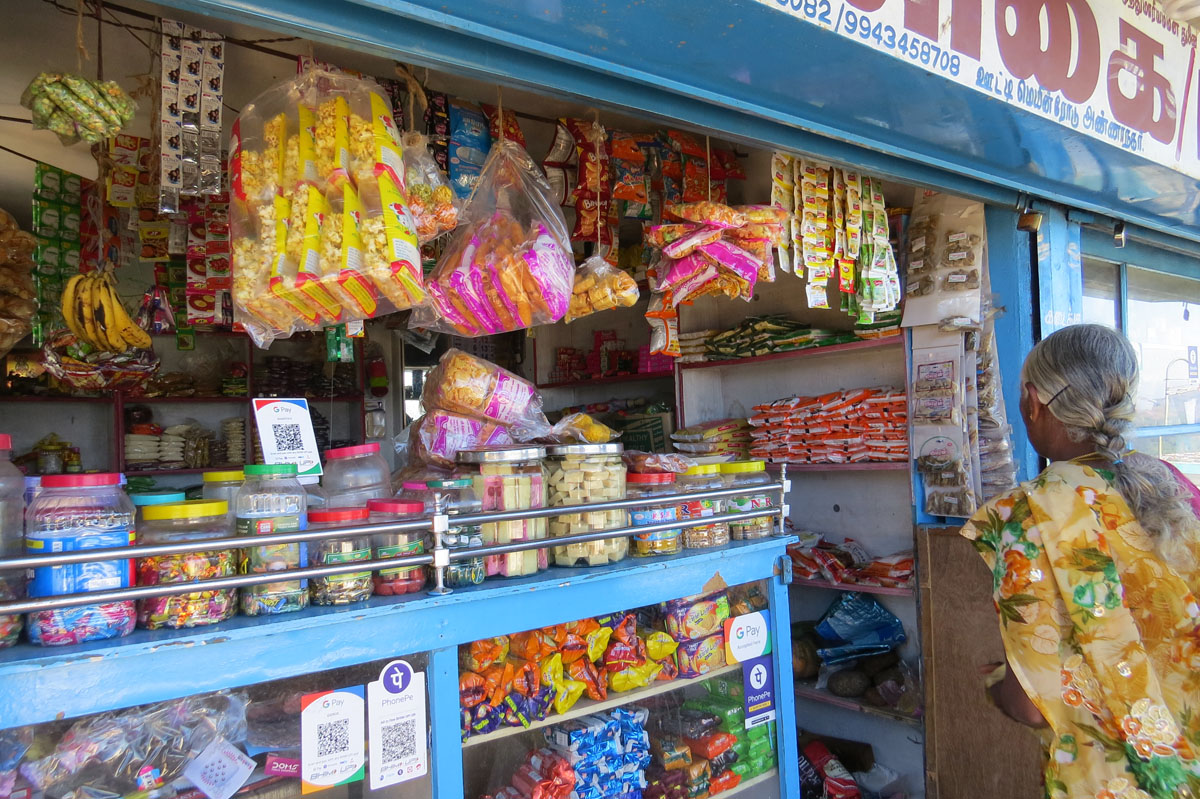
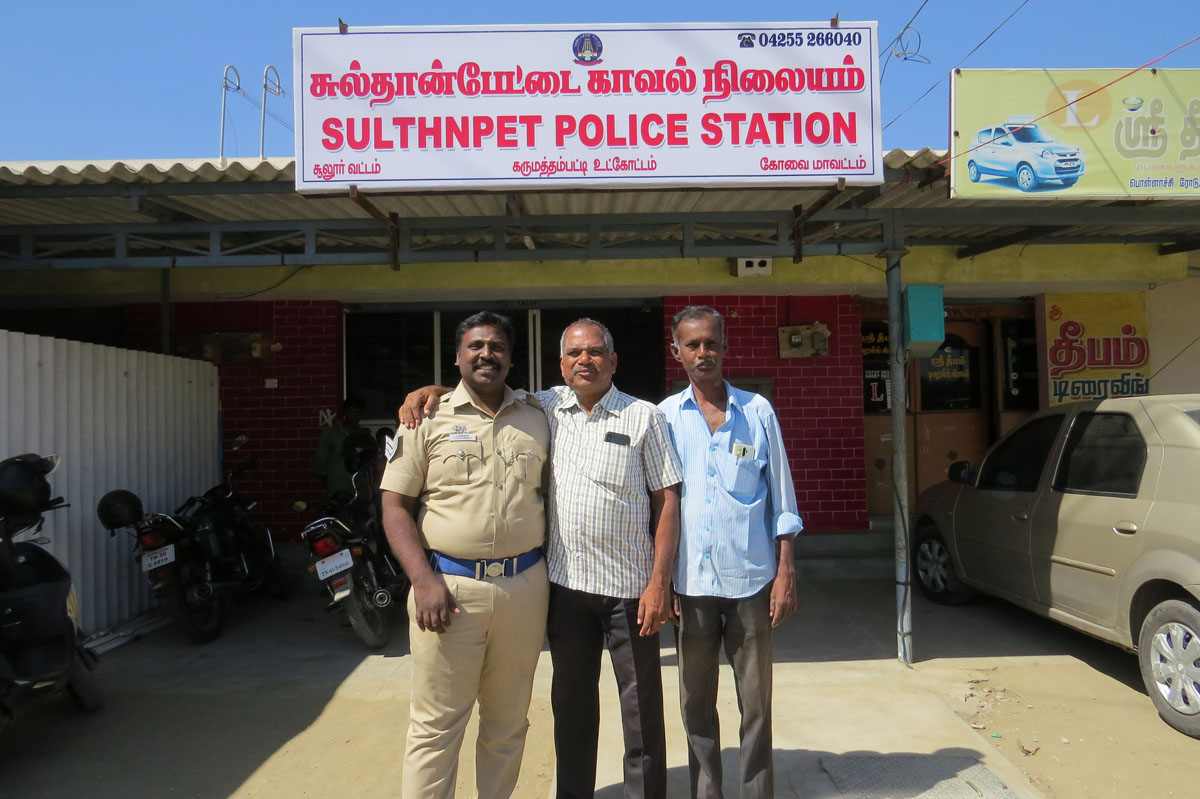
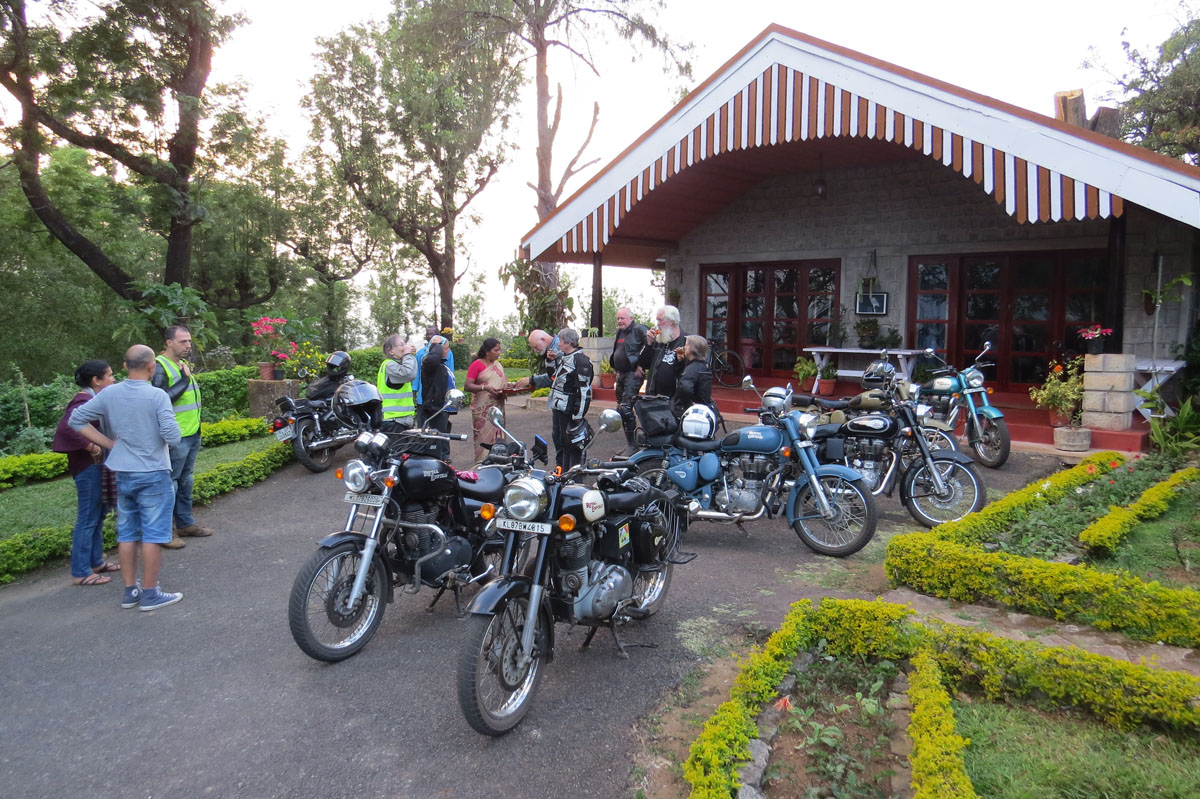
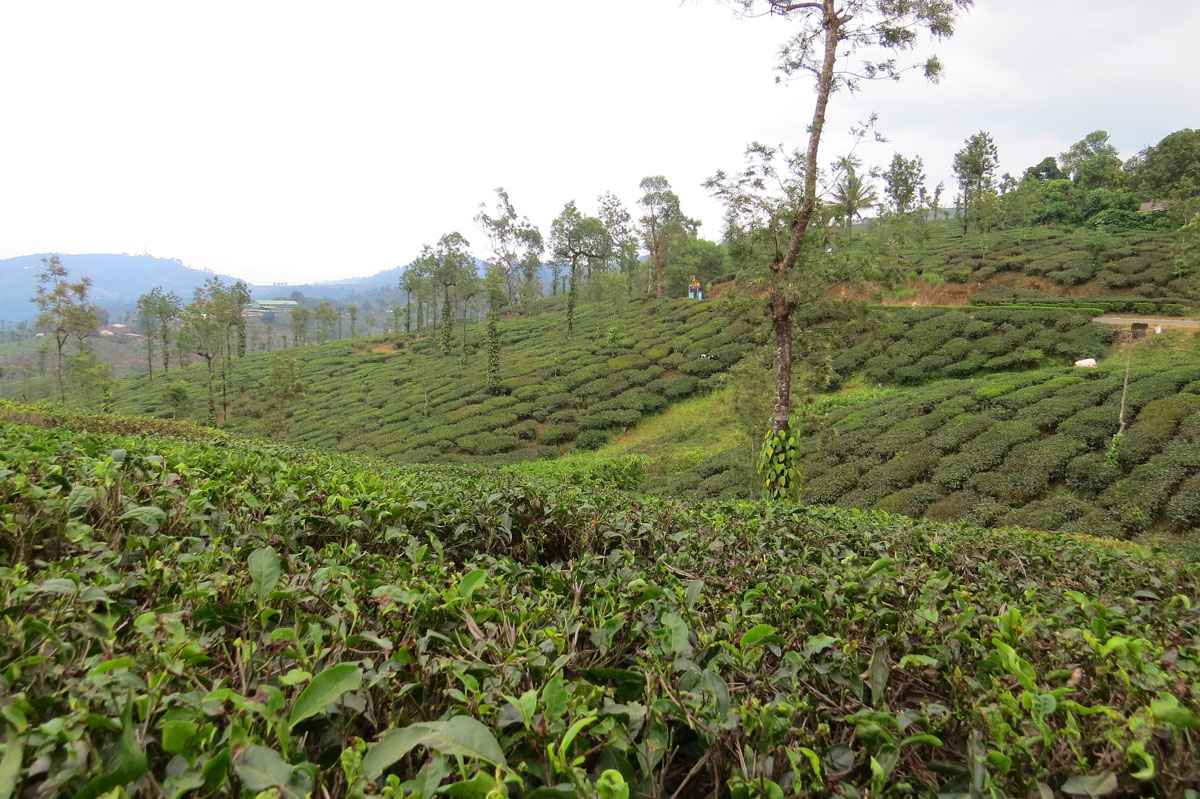
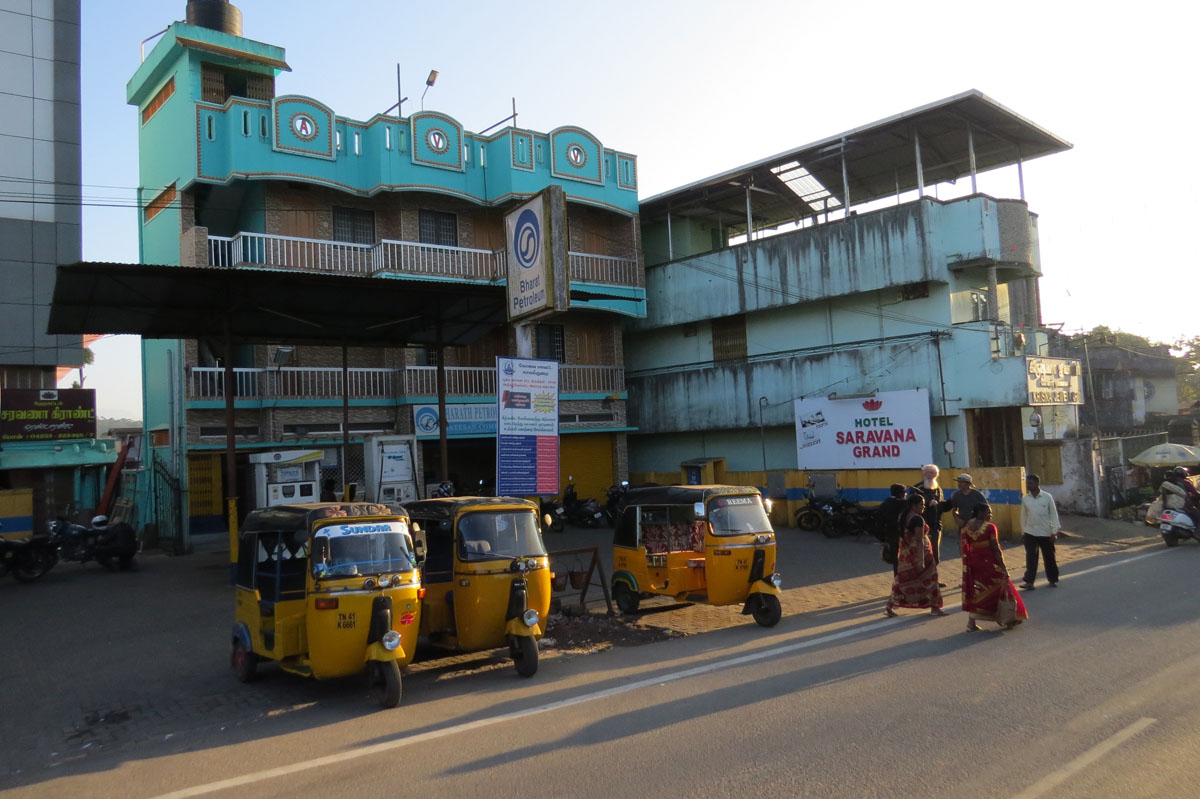

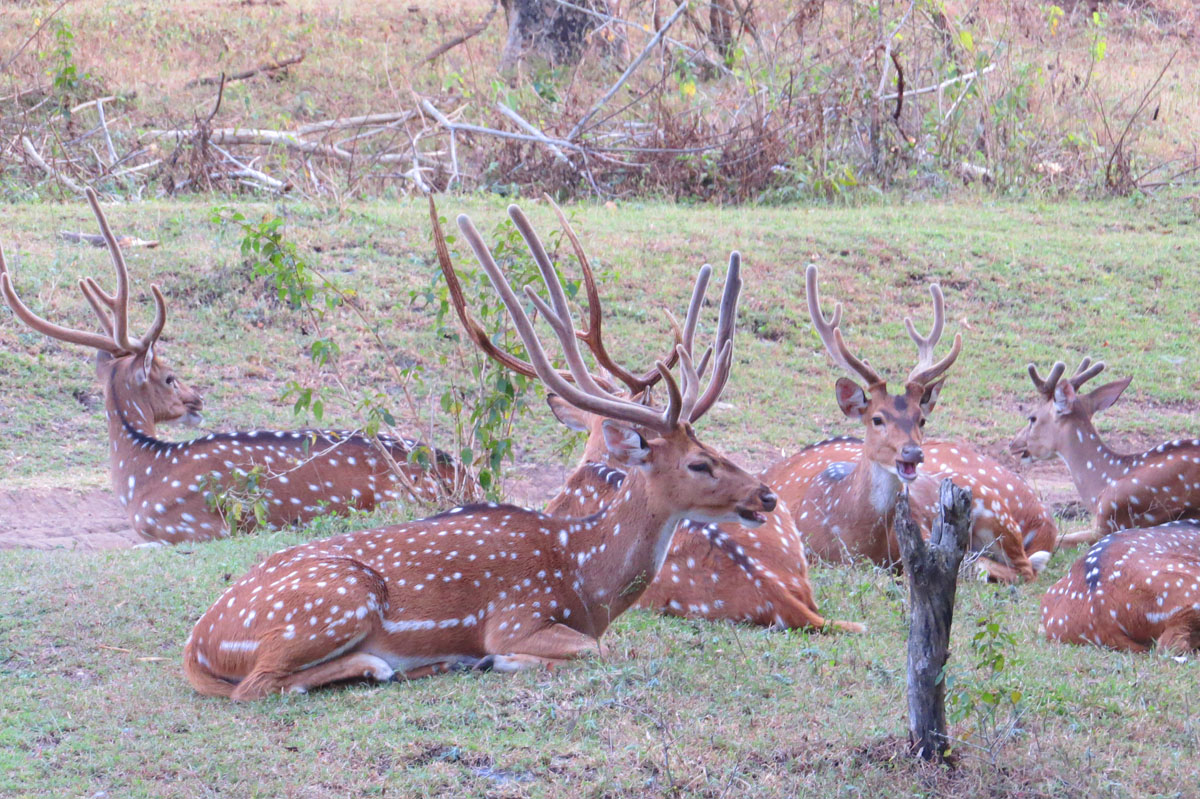
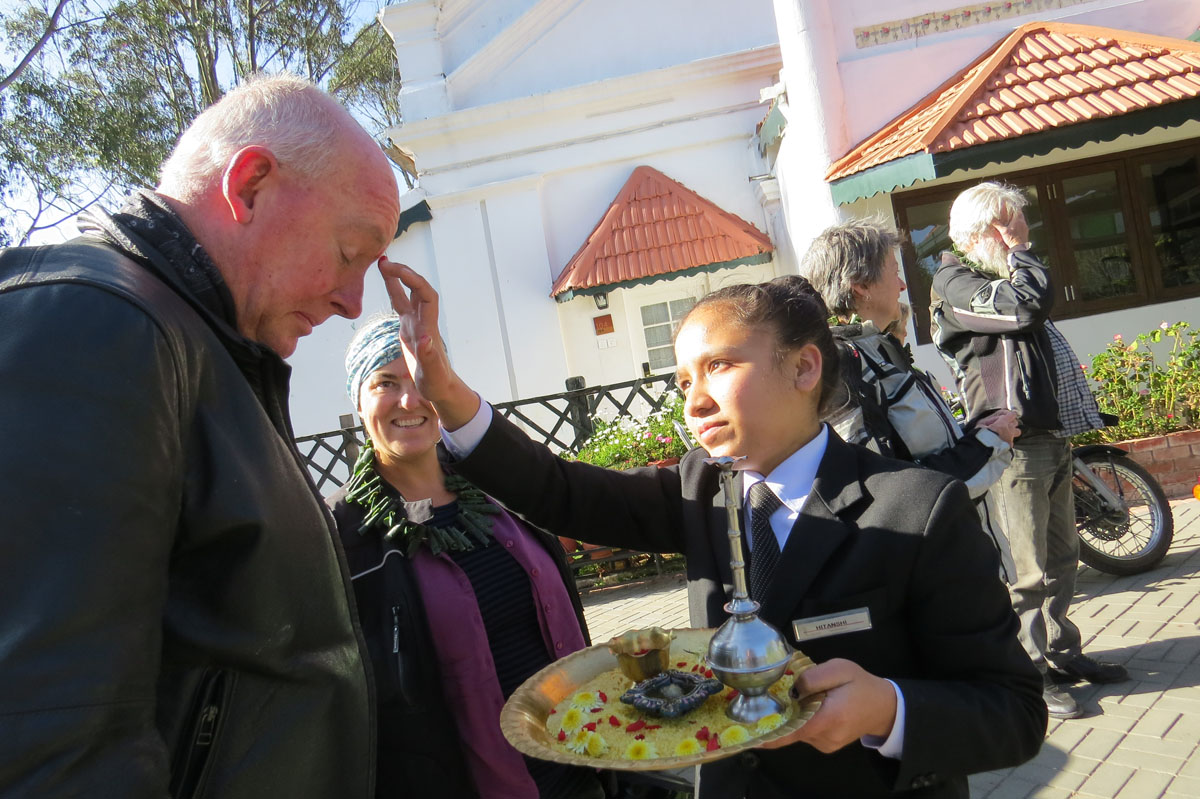
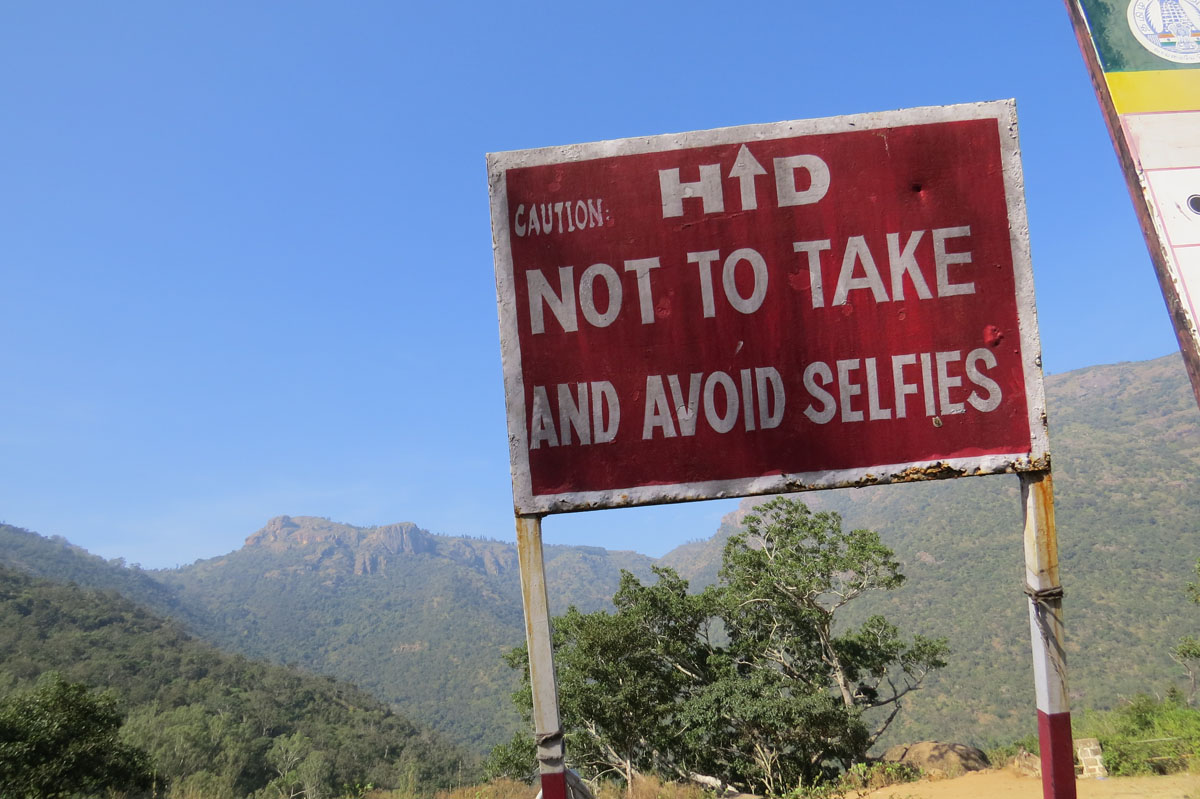
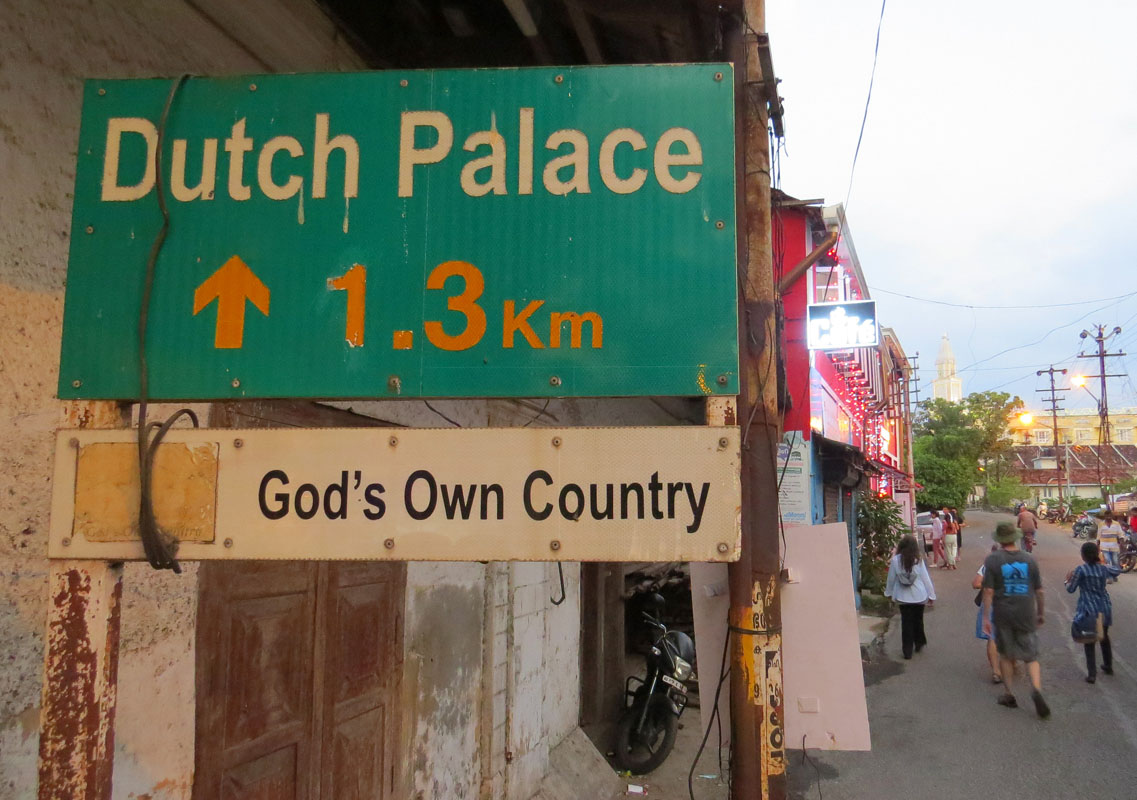
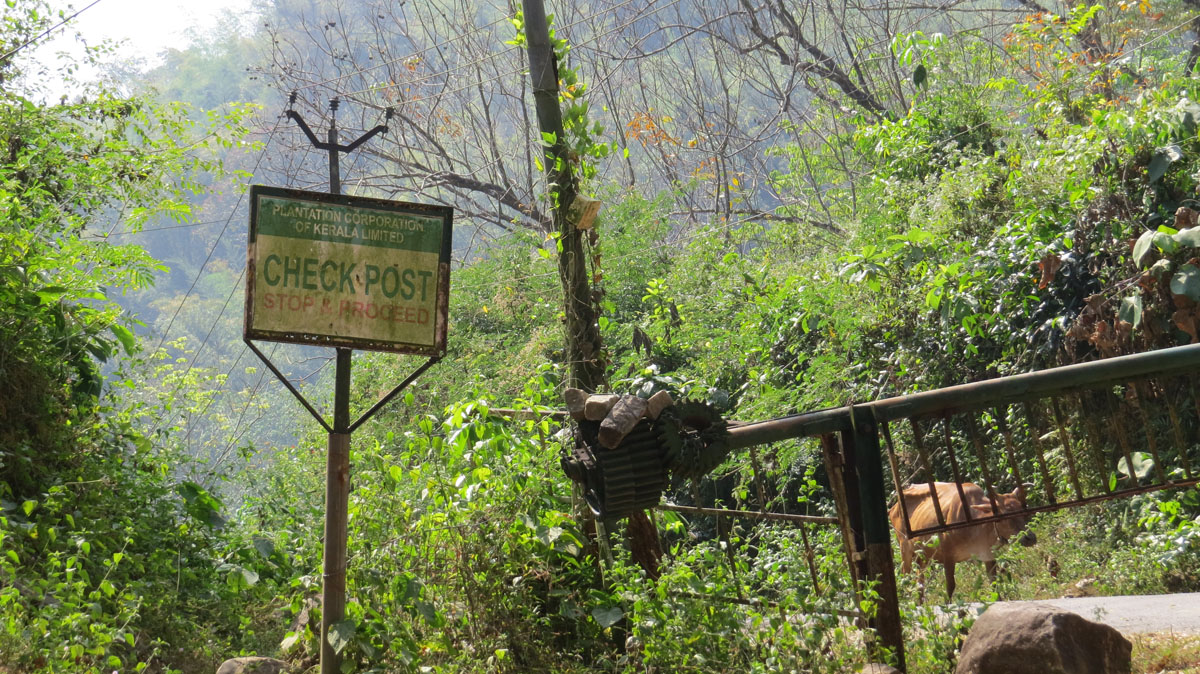
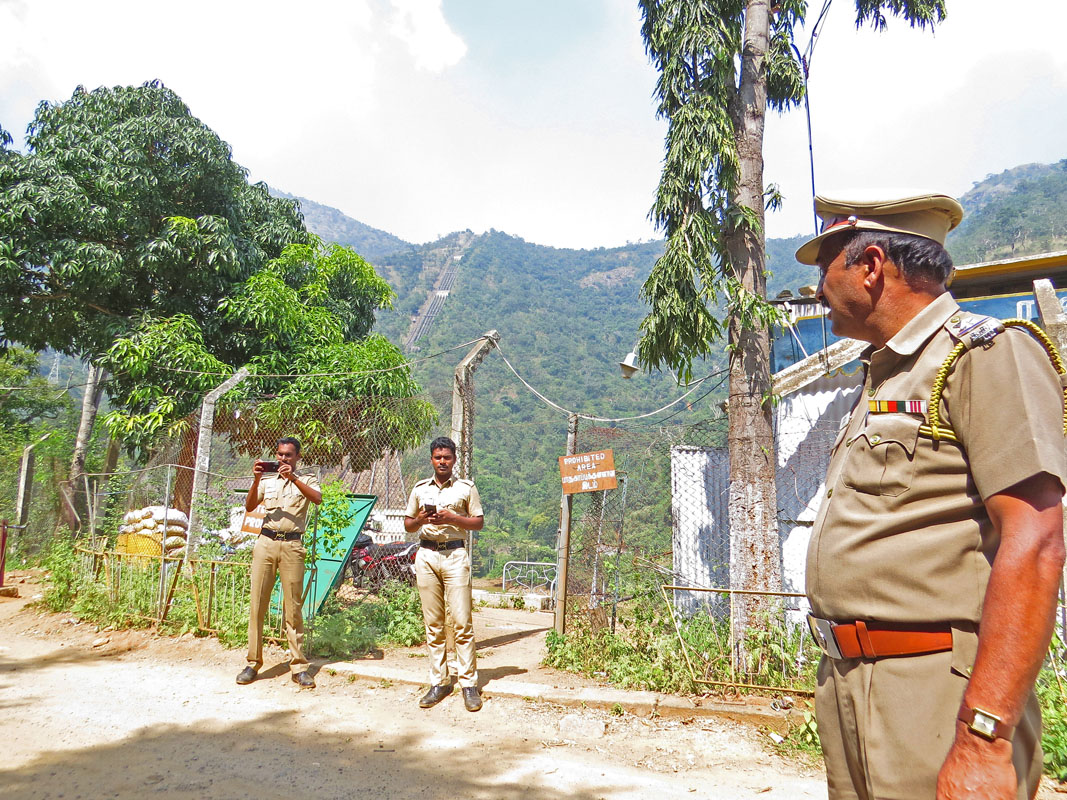
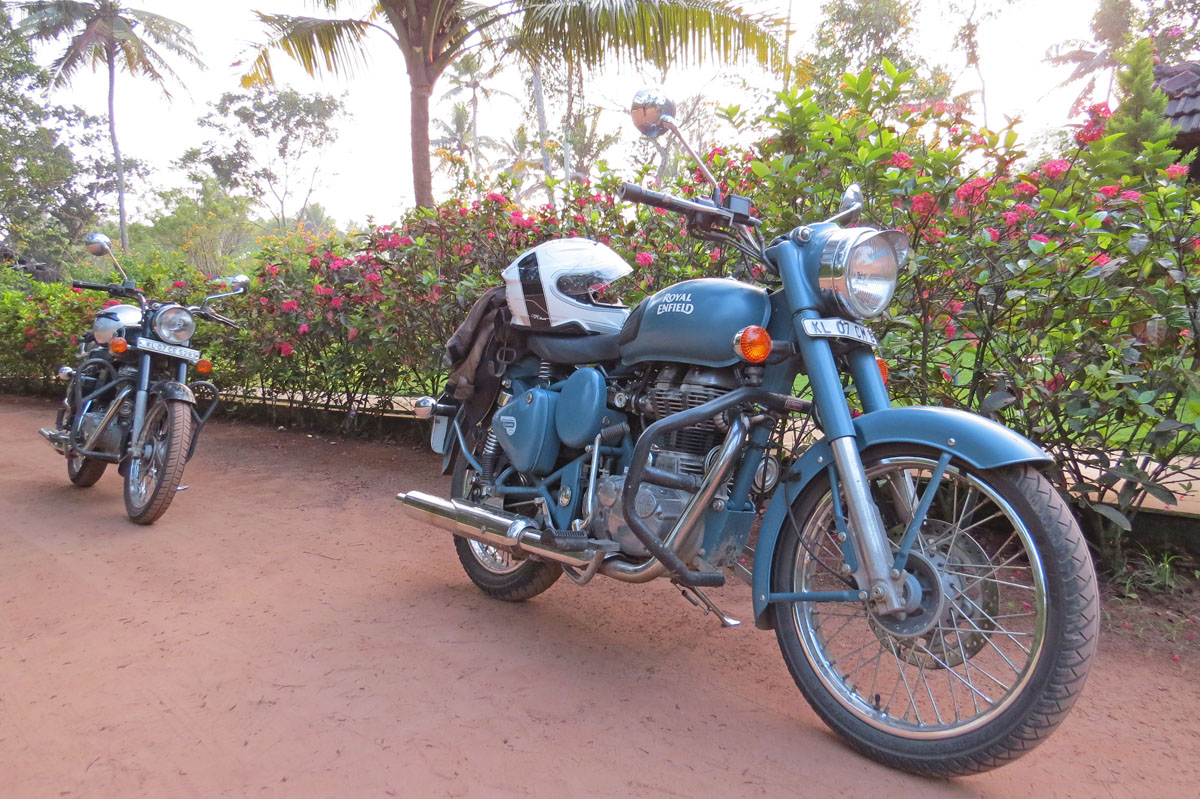

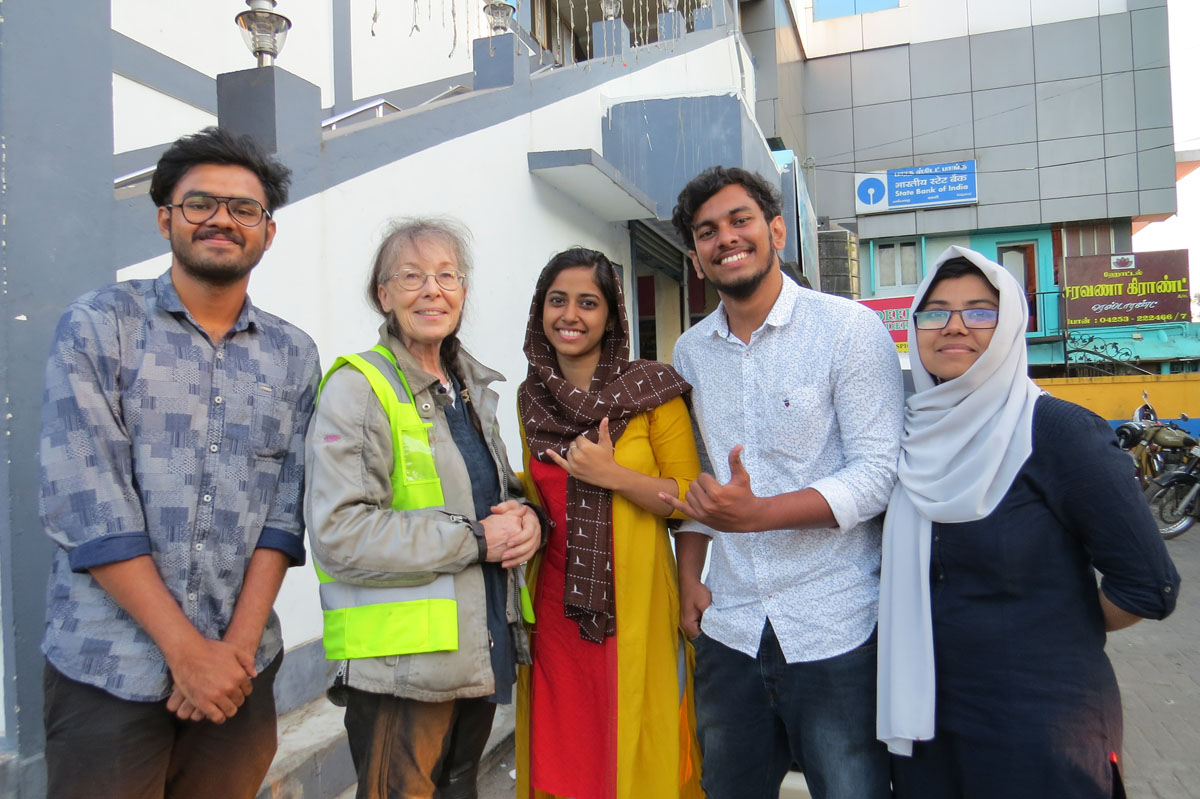

Travel Tips
Language: English is widely but not universally
spoken.
Visas: India has an online application process that
works but takes a little effort to get your head around.
The smart thing to do is have everything (passport,
airline ticket and accommodation details) on hand so you
can complete the job in one pass. The system is a little
odd, in that you must not apply more than 30 days out from
your date of travel. Expect to be photographed and
fingerprinted on the way through customs.
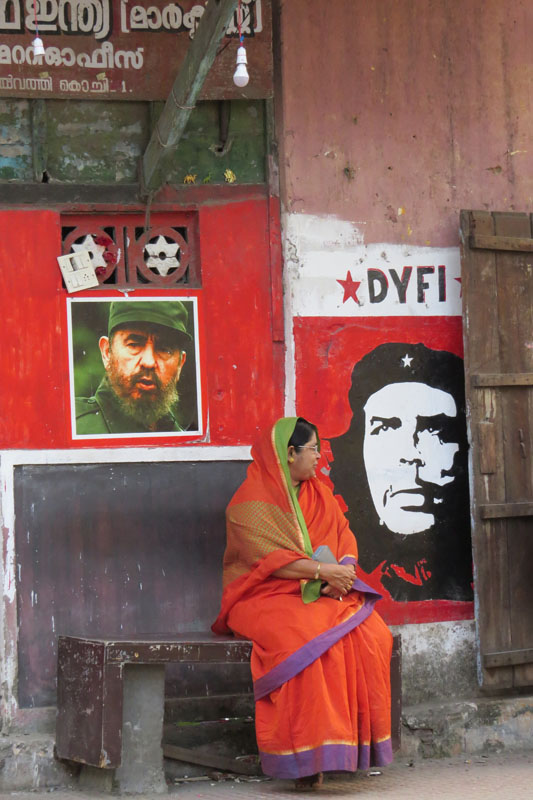
Money: while you might take some cash with you, we found
auto-tellers were generally easy to find in any
reasonable-sized town. You generally get a lot more bang
for your buck as most prices are lower than Australia.
Tipping is widely expected.

Phone/internet: mobile coverage is pretty good and local
sim cards relatively cheap. The hot tip was to get the
latter at Cochin airport.
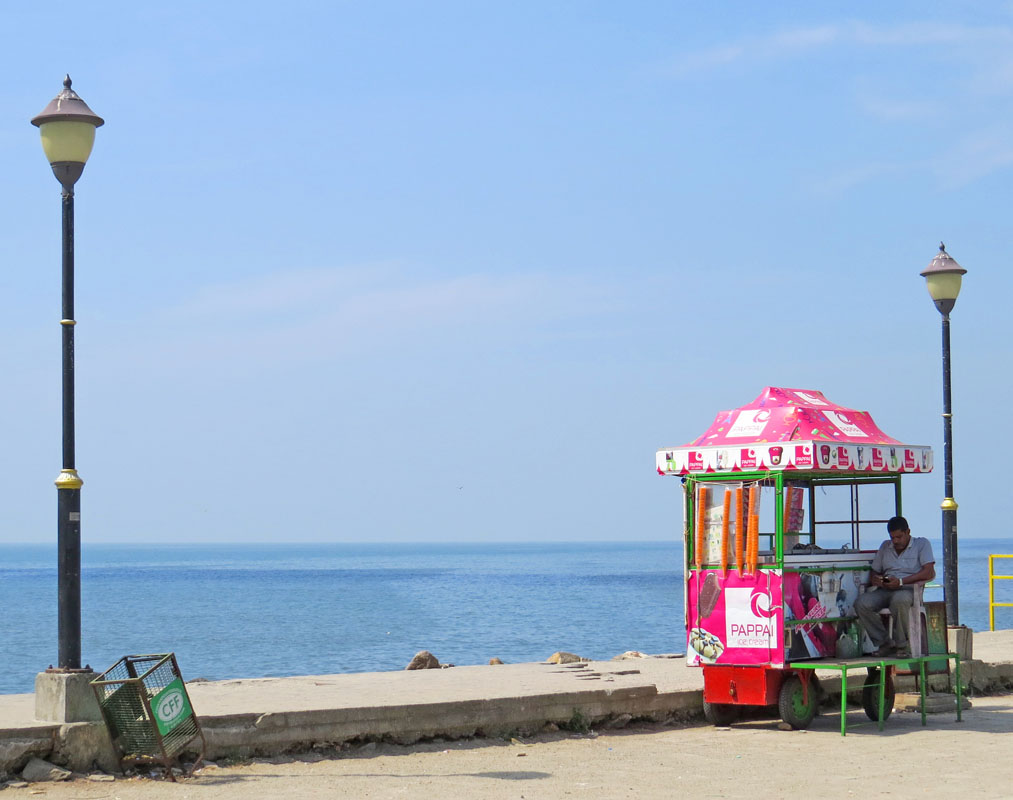
Fuel: readily available and fairly expensive at around
Au$2.00 per litre when this was written (2020) – no wonder
the locals value good economy in their vehicles! Quality
is enormously variable.
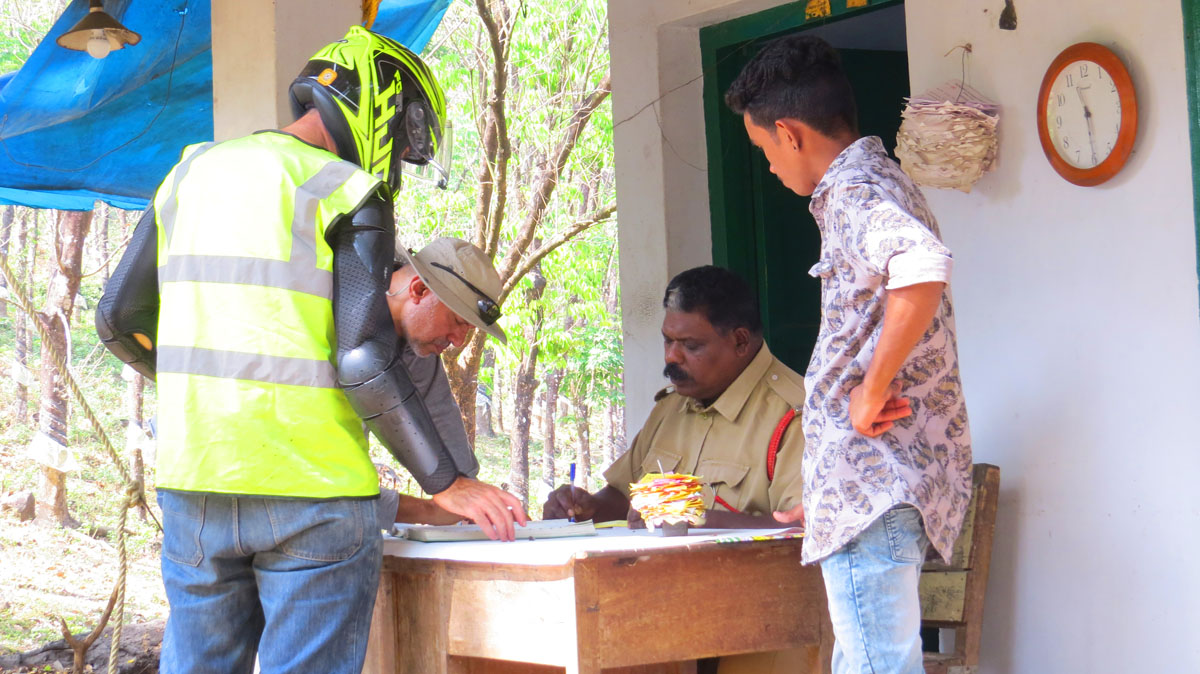
Local custom: as with much of the world, it’s expected you eat with your right hand as the left is used for cleaning yourself. The right is to be used when you pass over money and documents, too.
Kerala Bike Tours: the cost of our 12-day tour was reasonable and included very good accommodation, a lot of meals, bikes and of course the guides/back-up. You can find them on the web at keralabiketours.com

-------------------------------------------------
Produced by AllMoto abn 61 400 694 722
Privacy: we do not collect cookies or any other data.

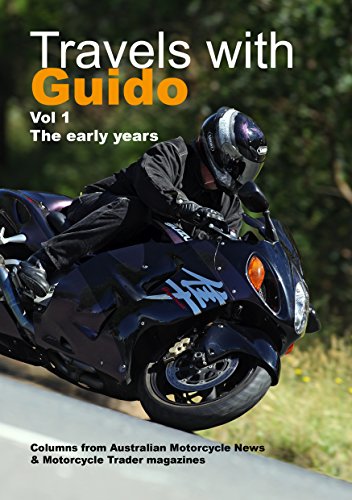
Archives
Contact


